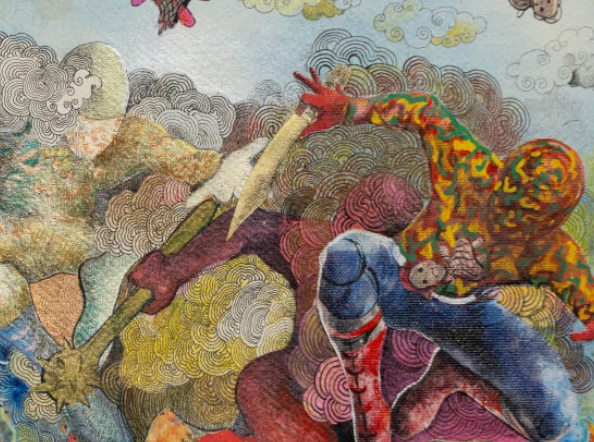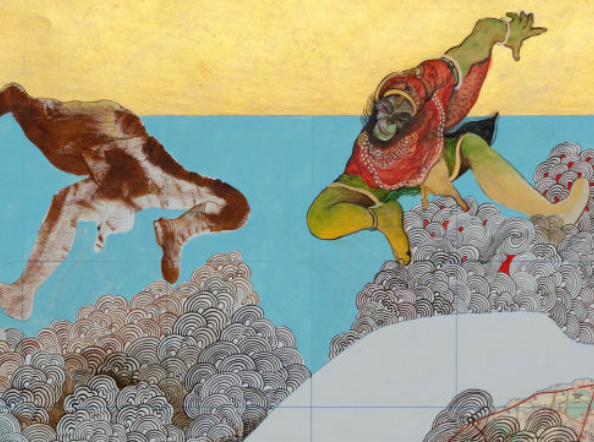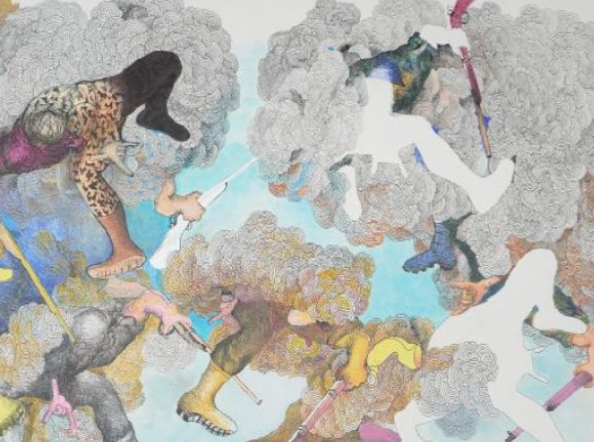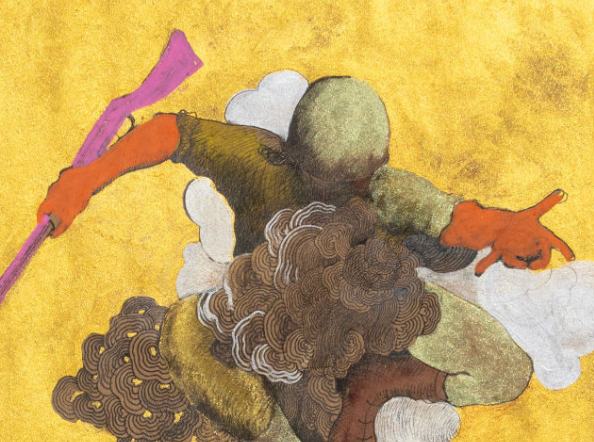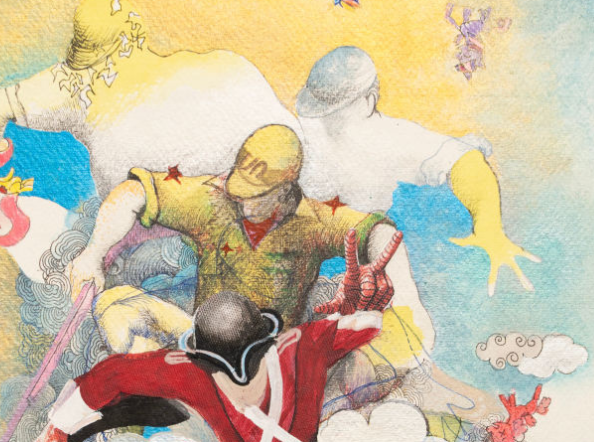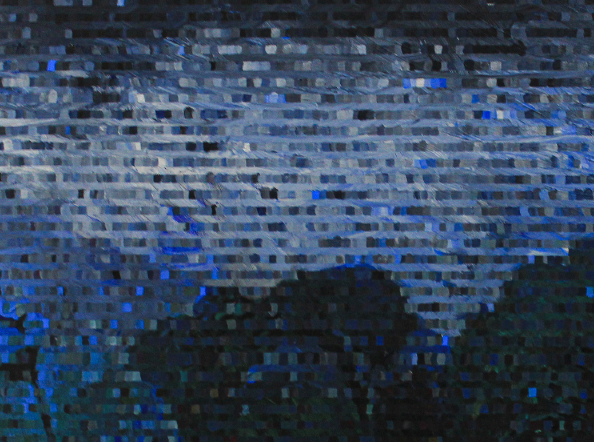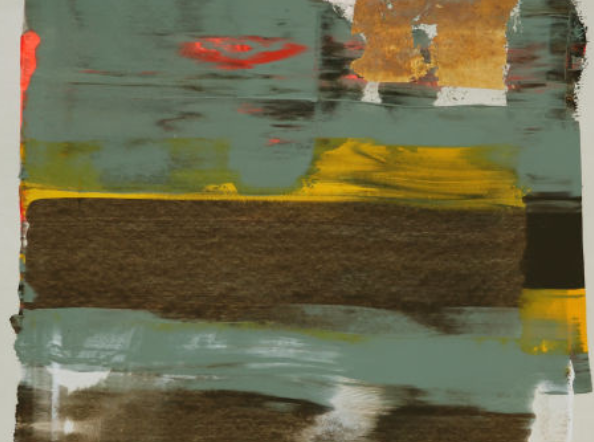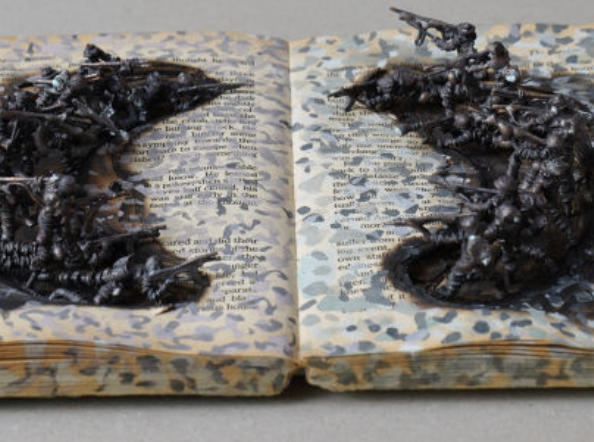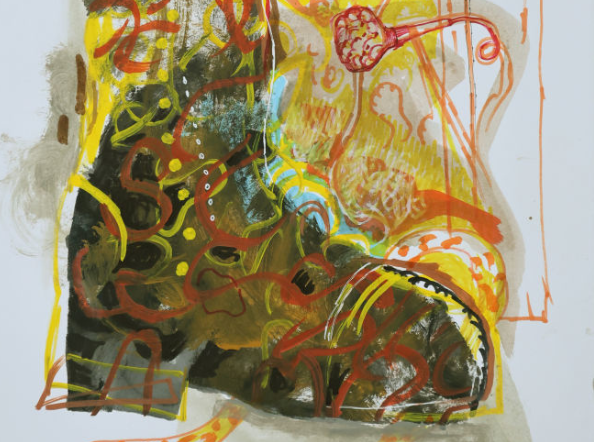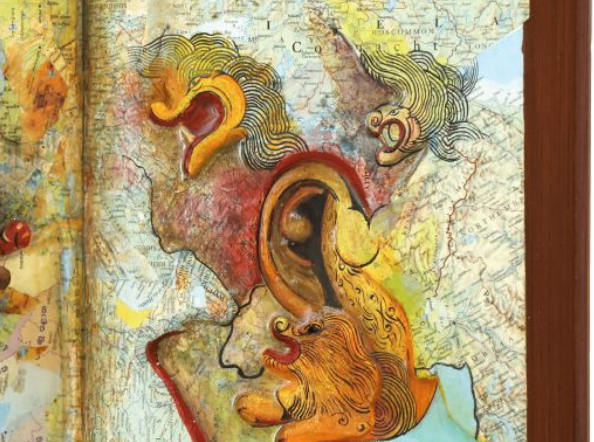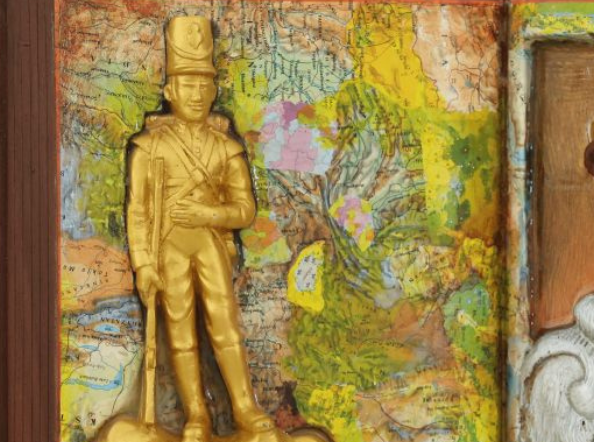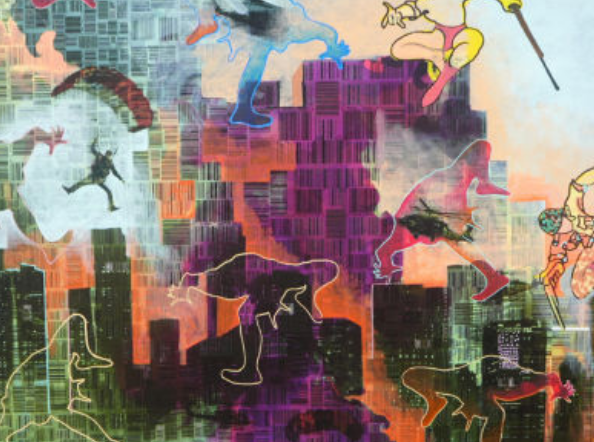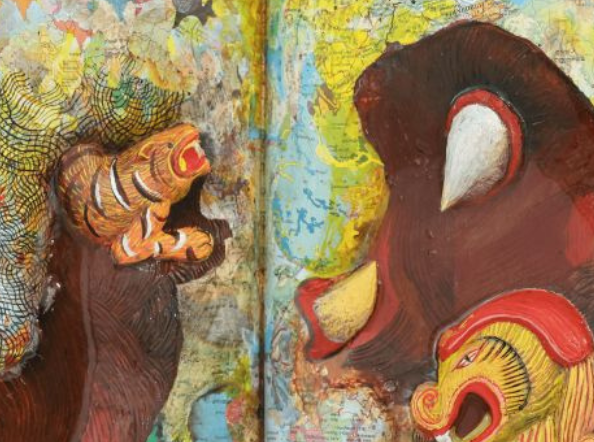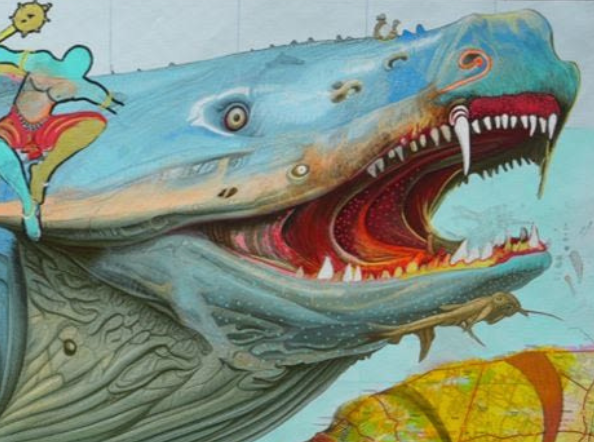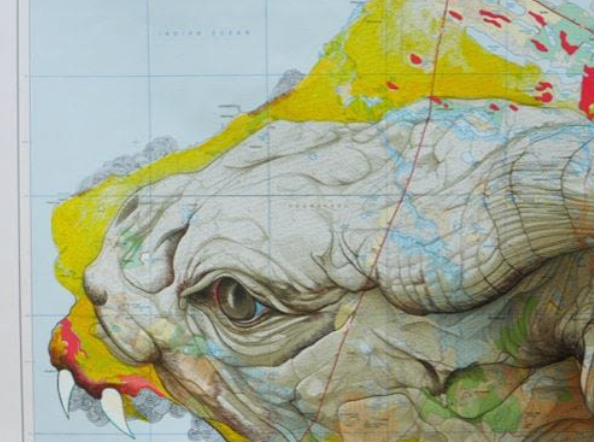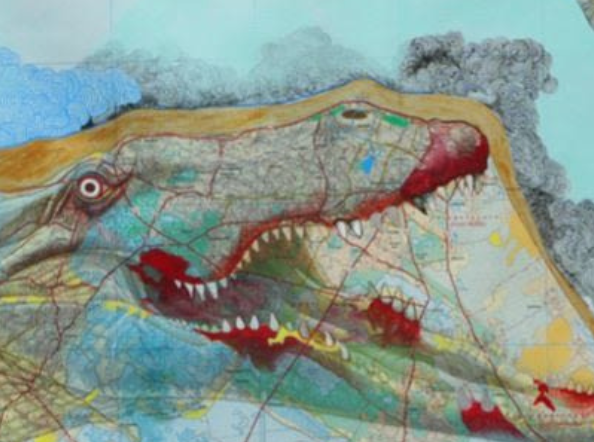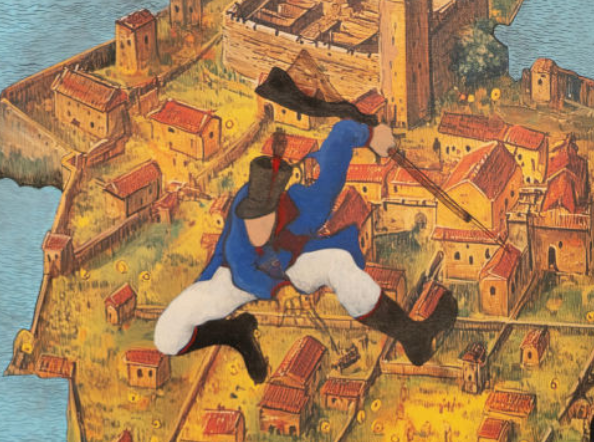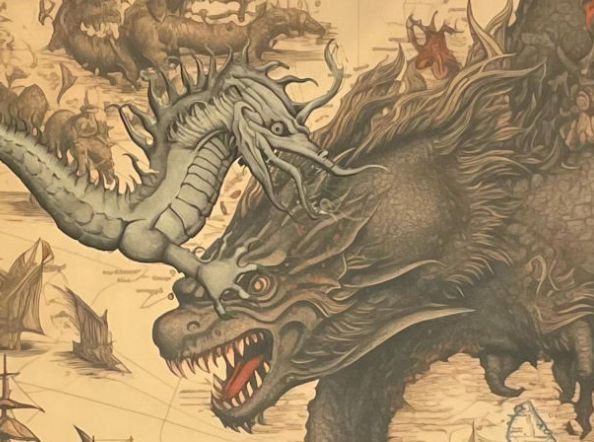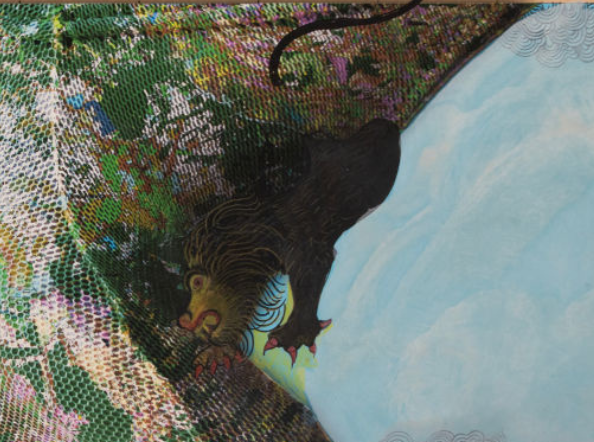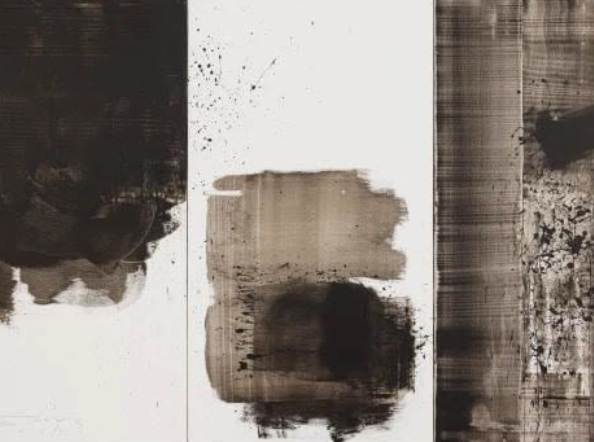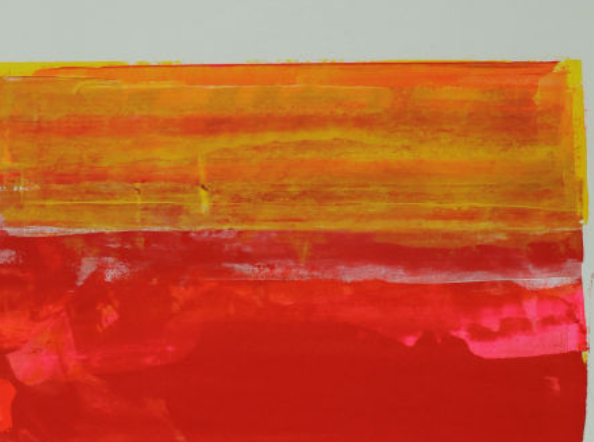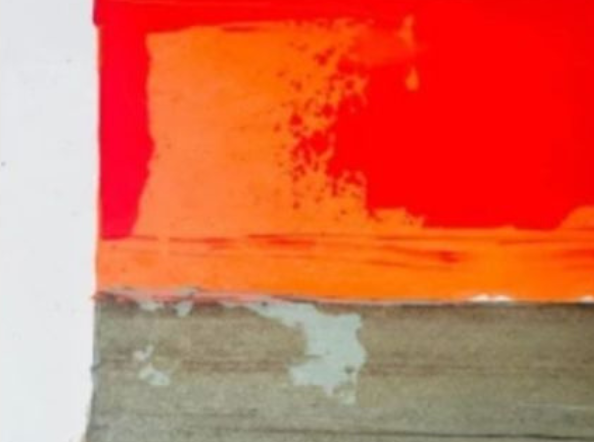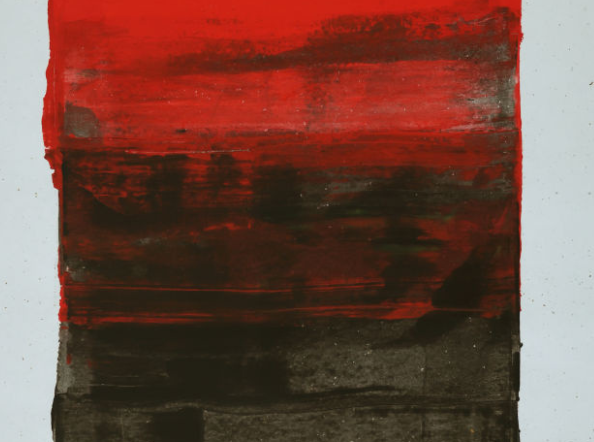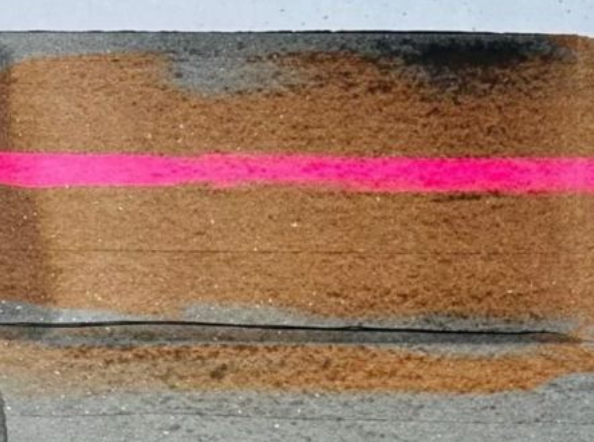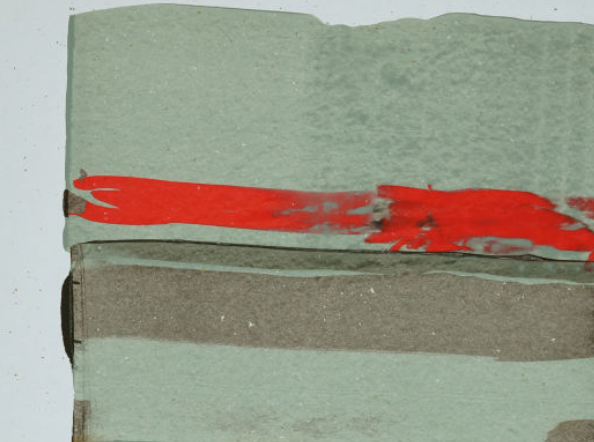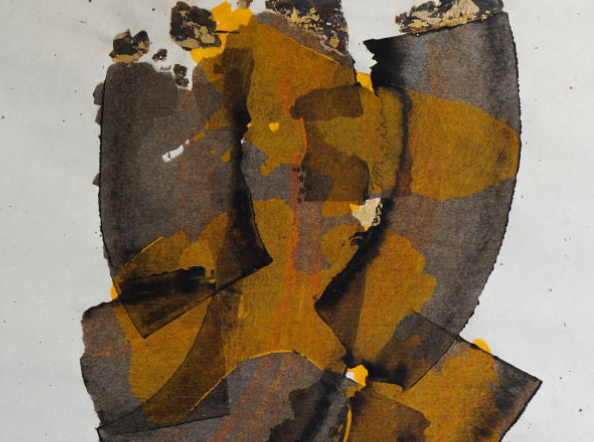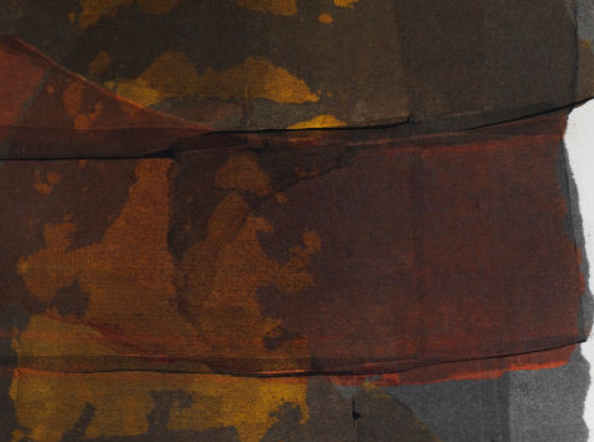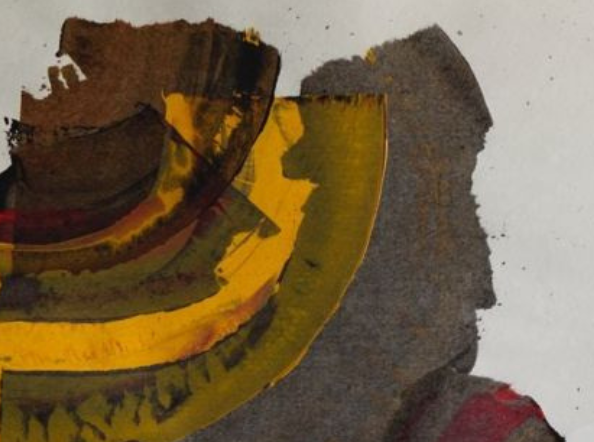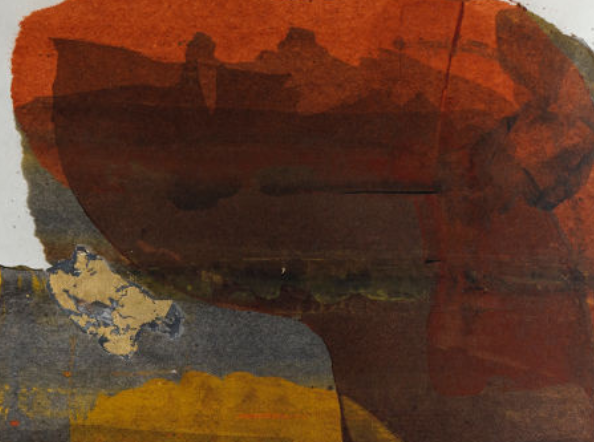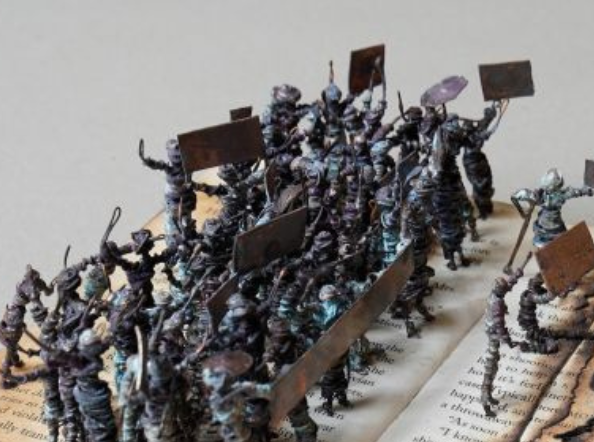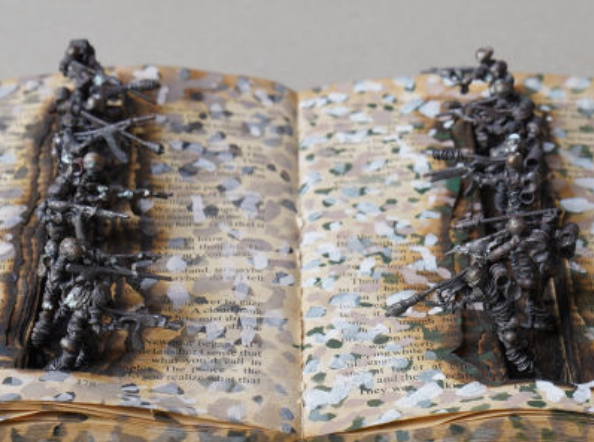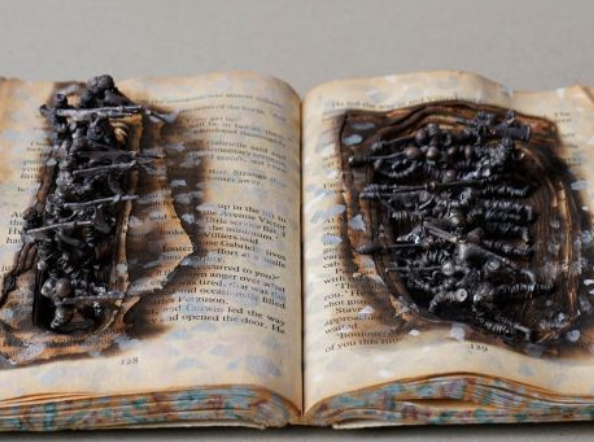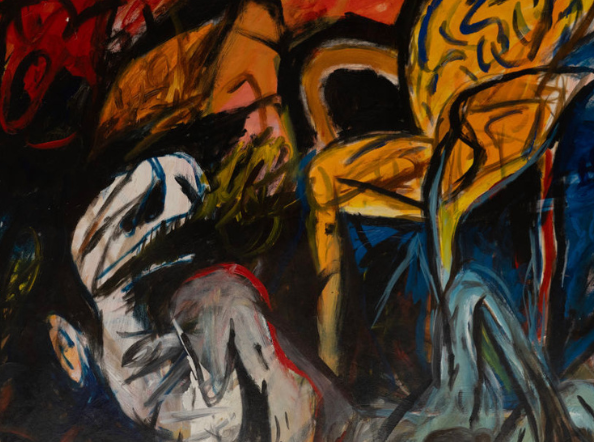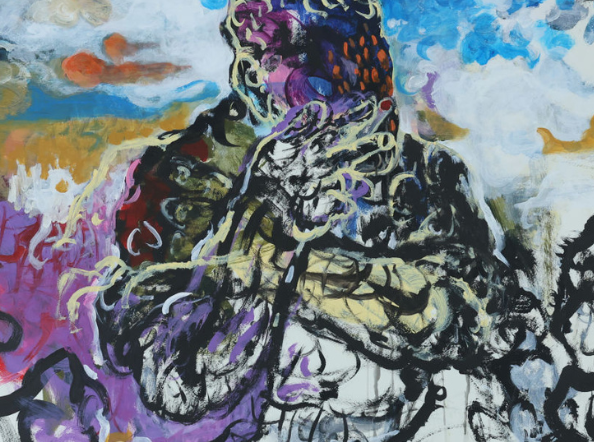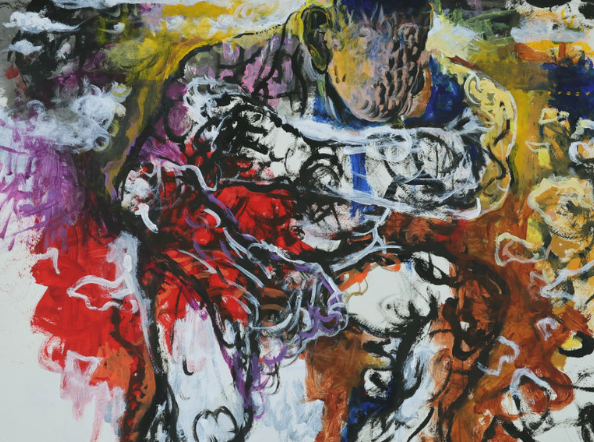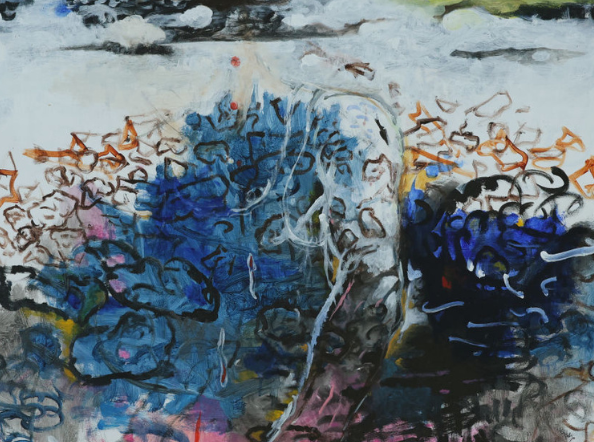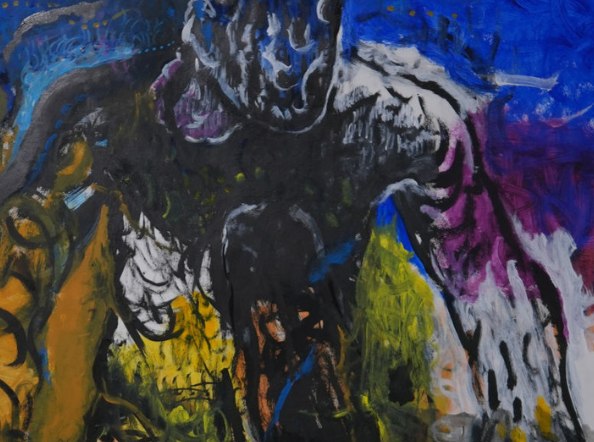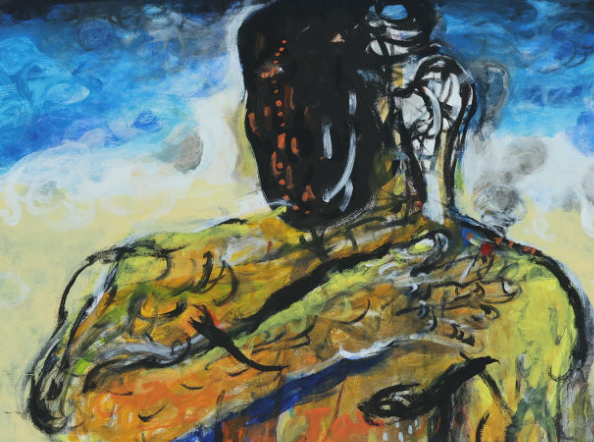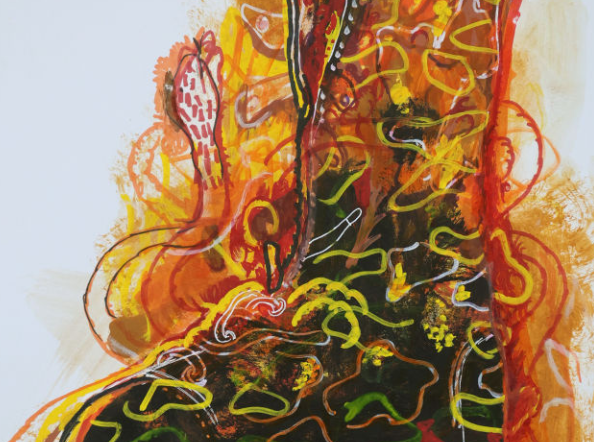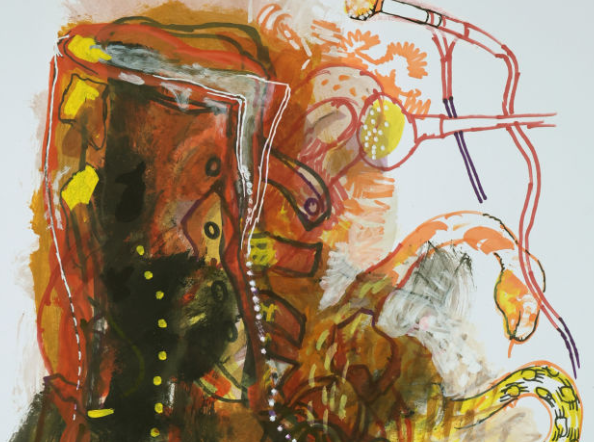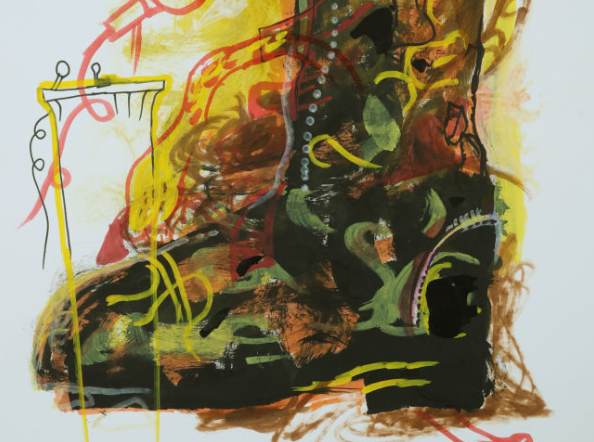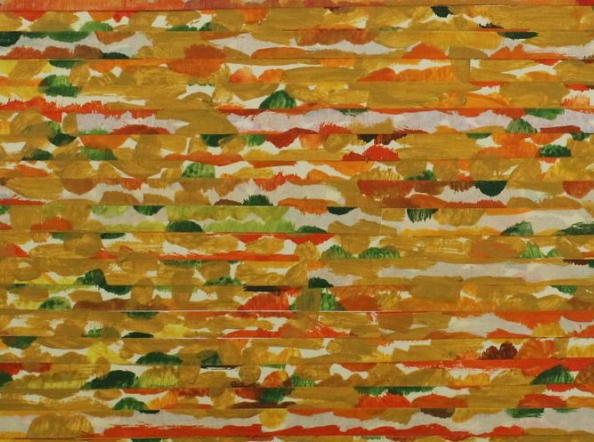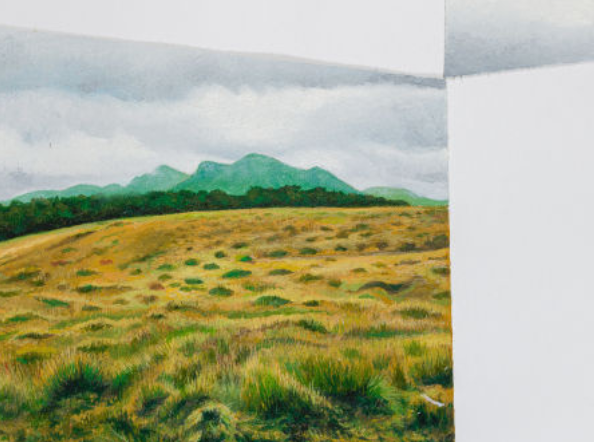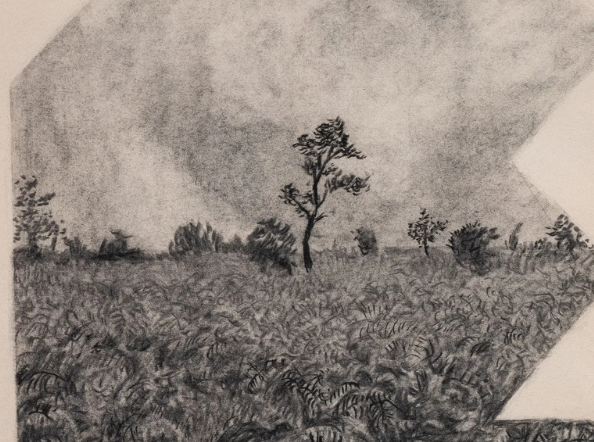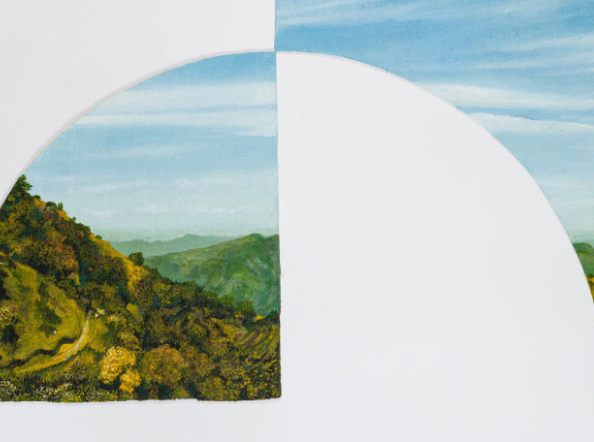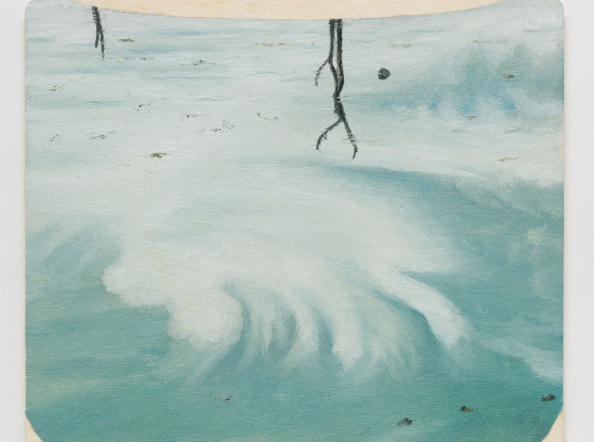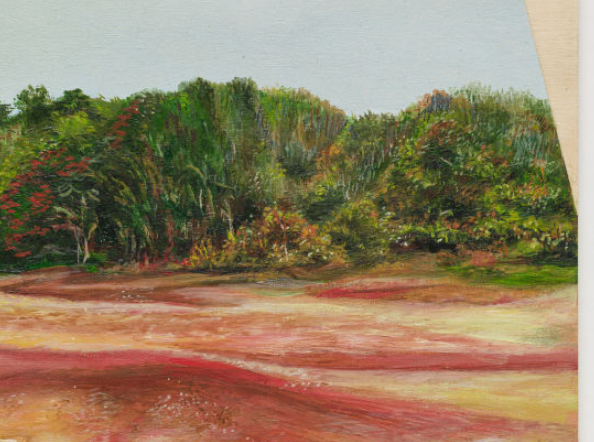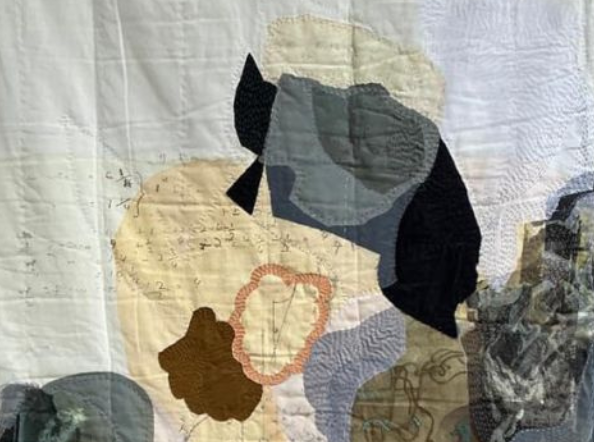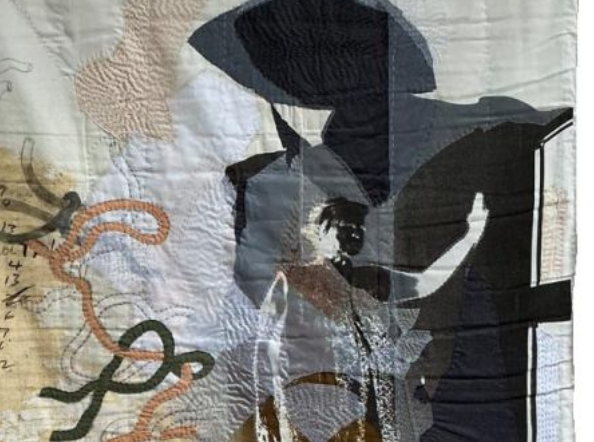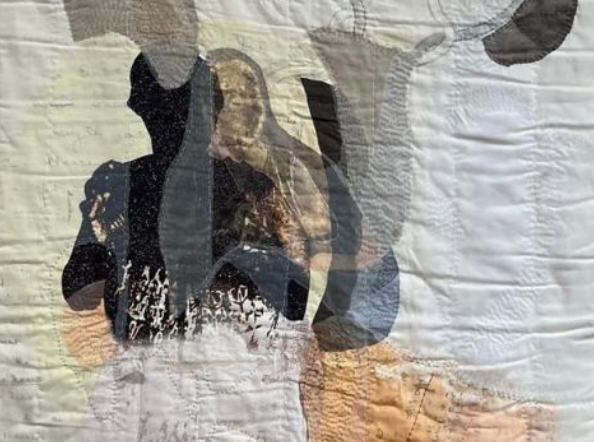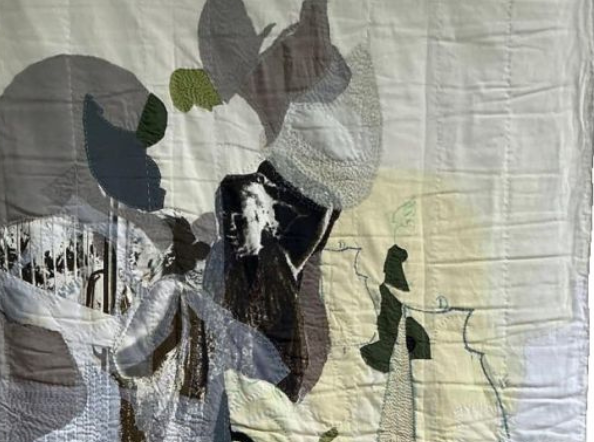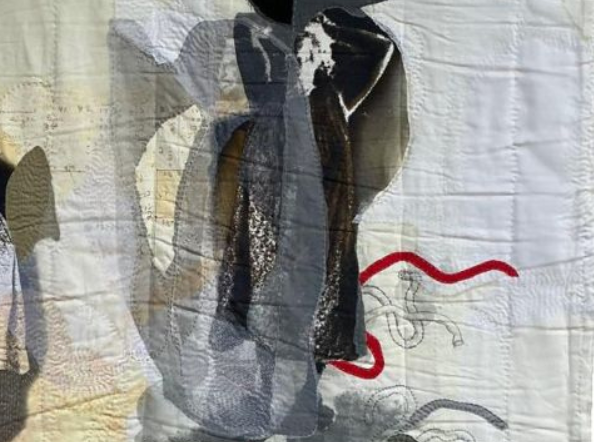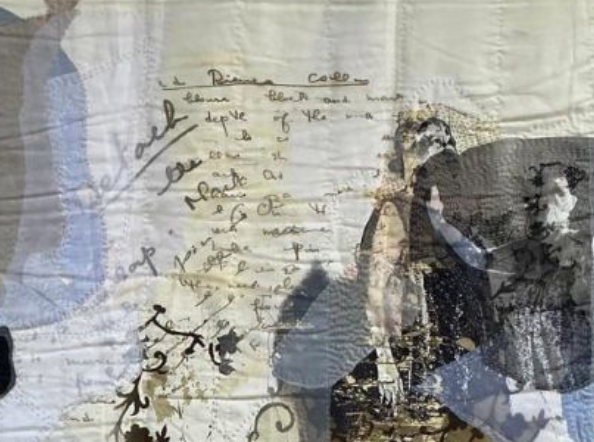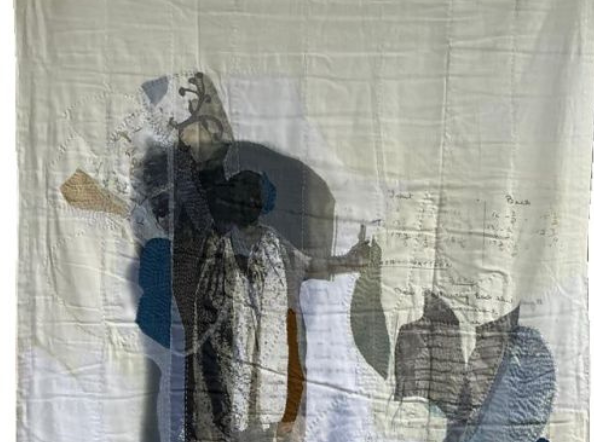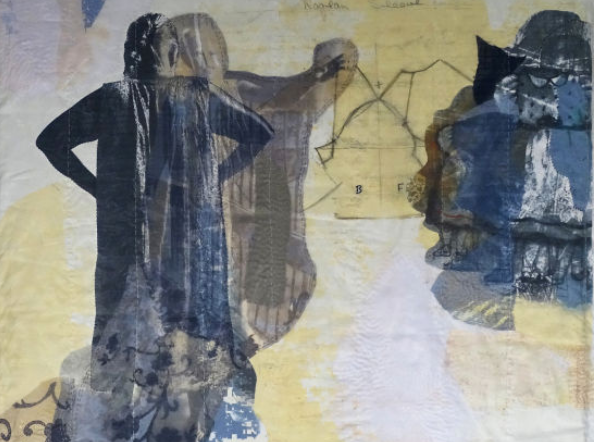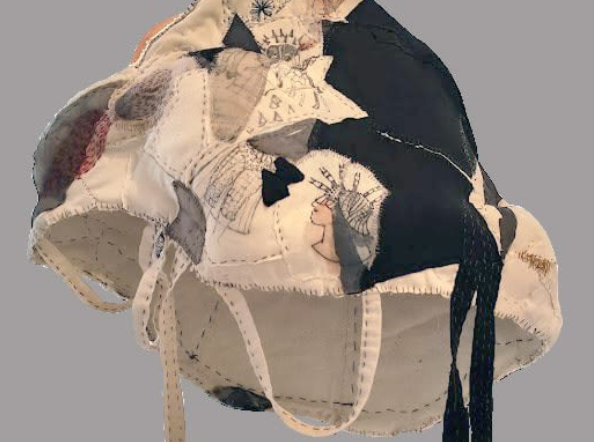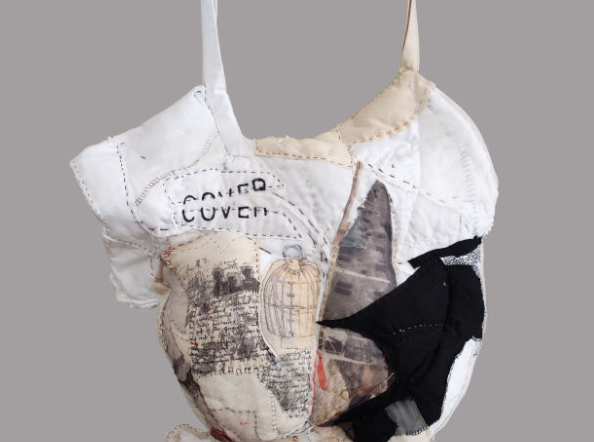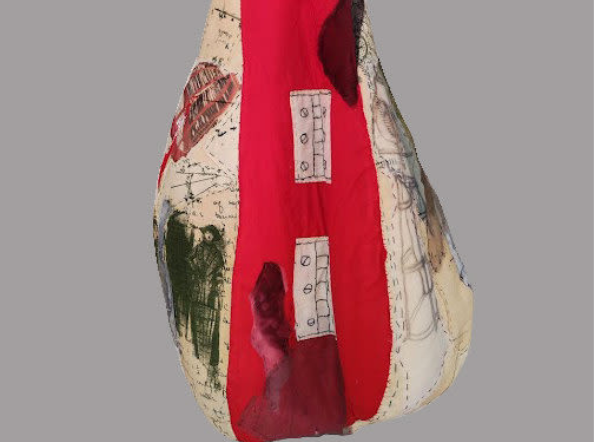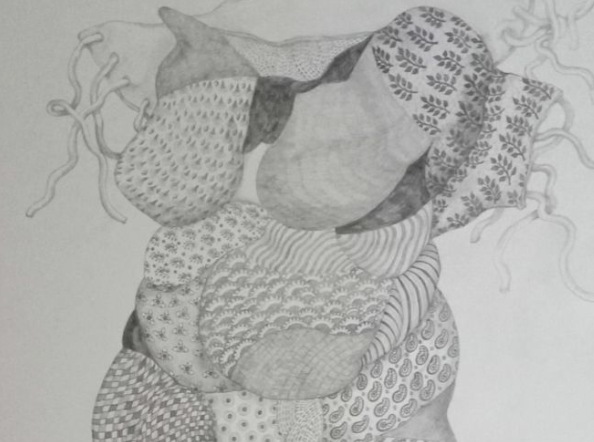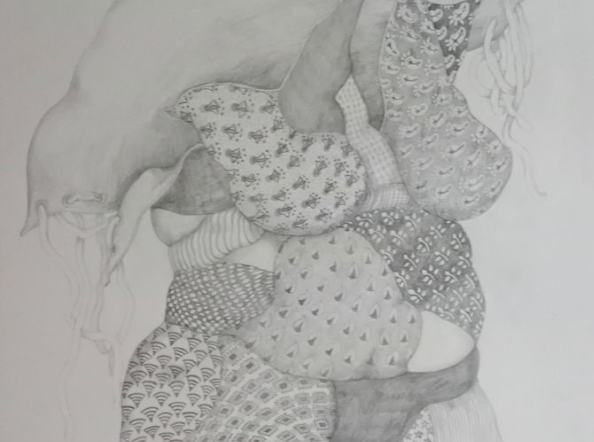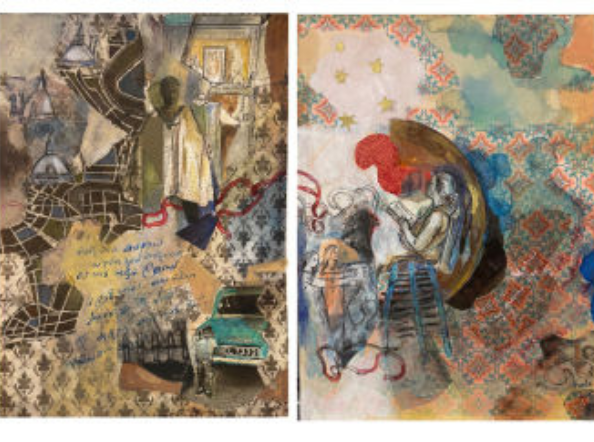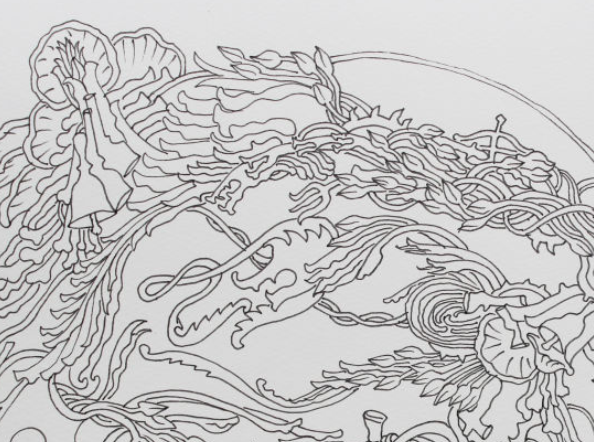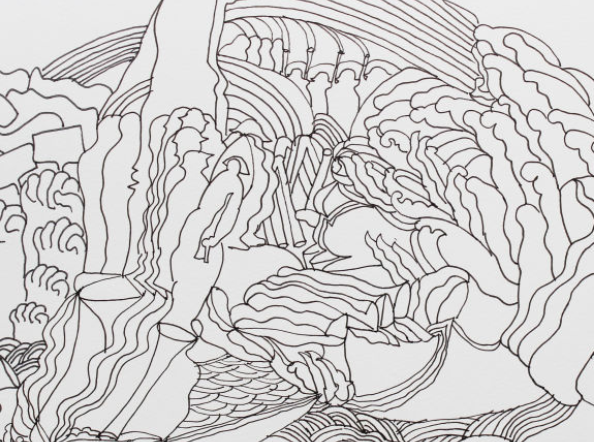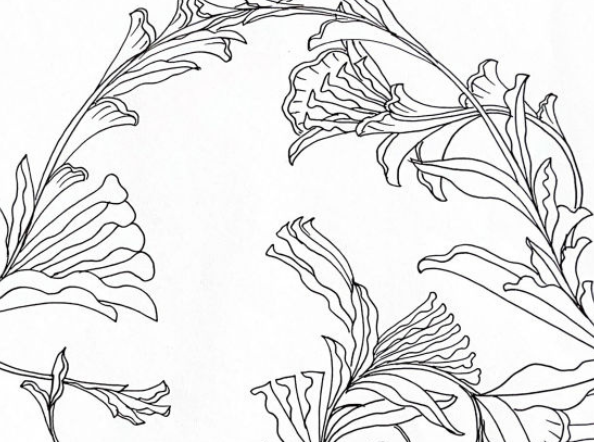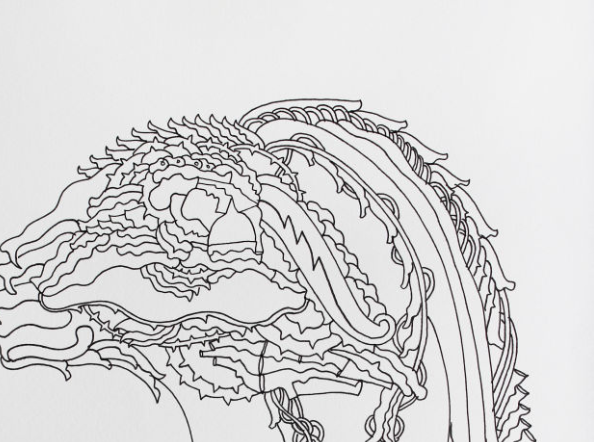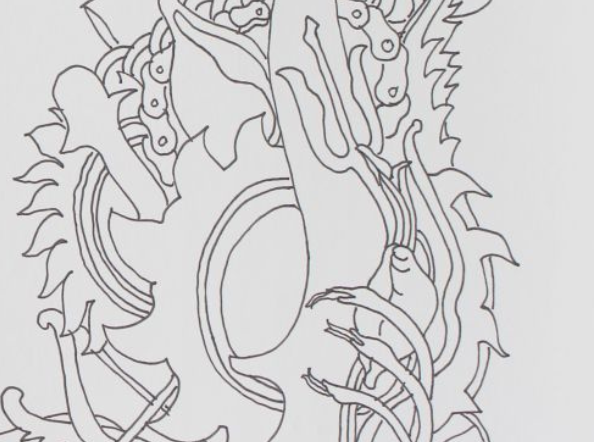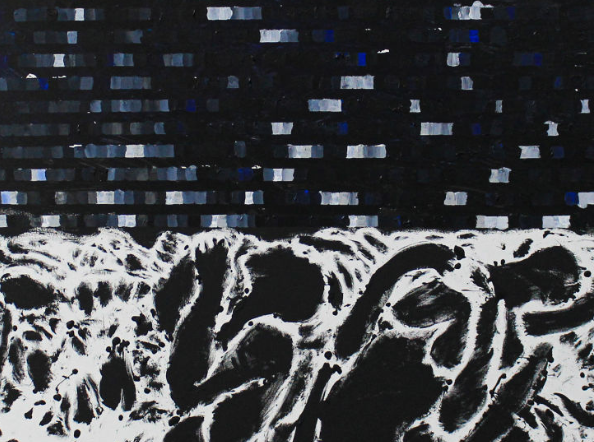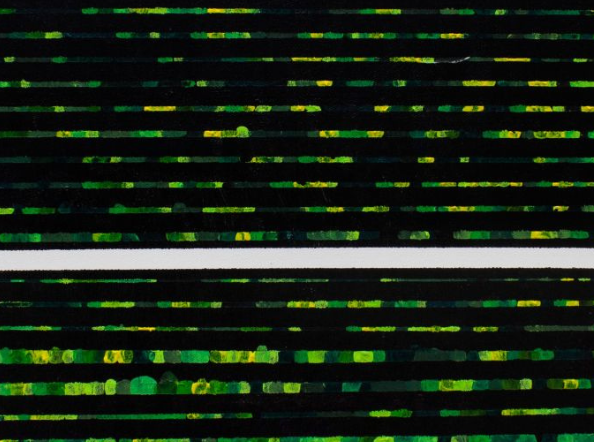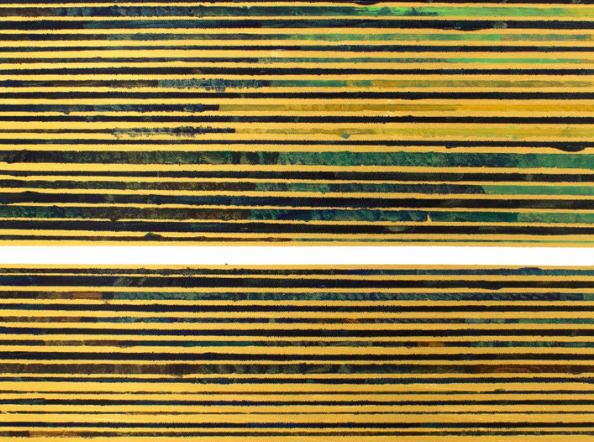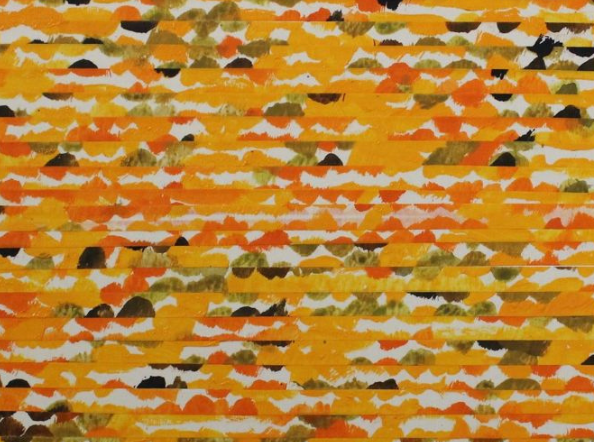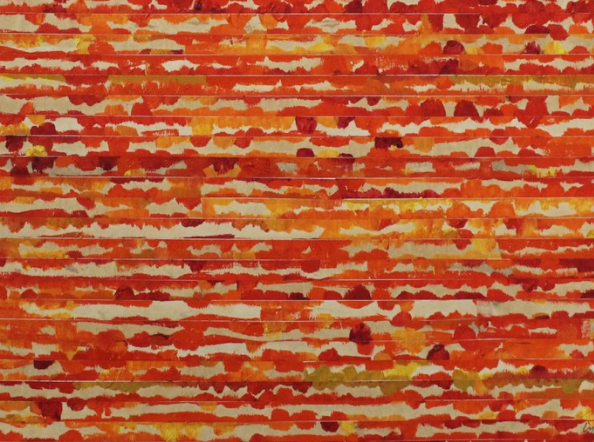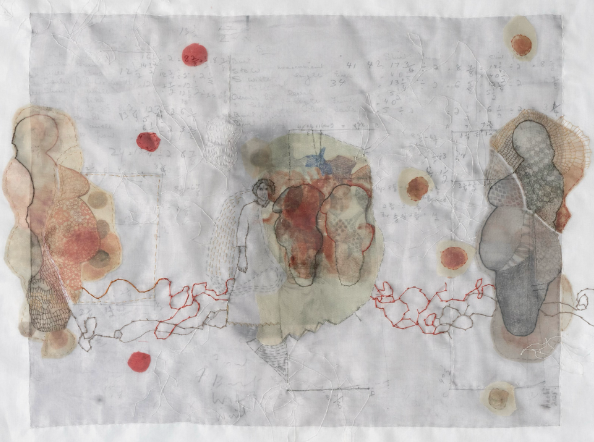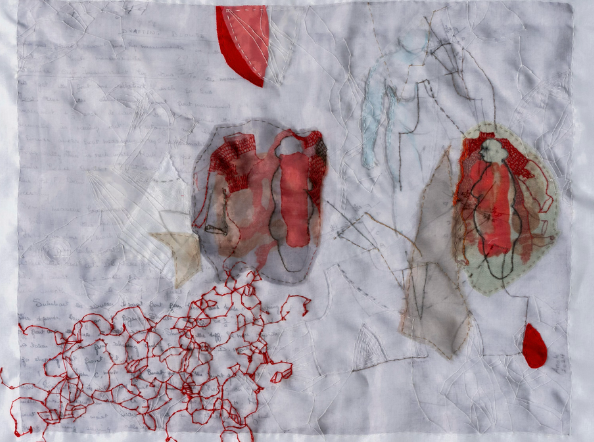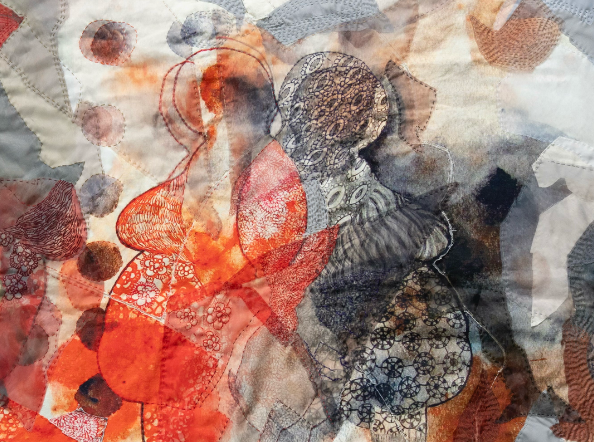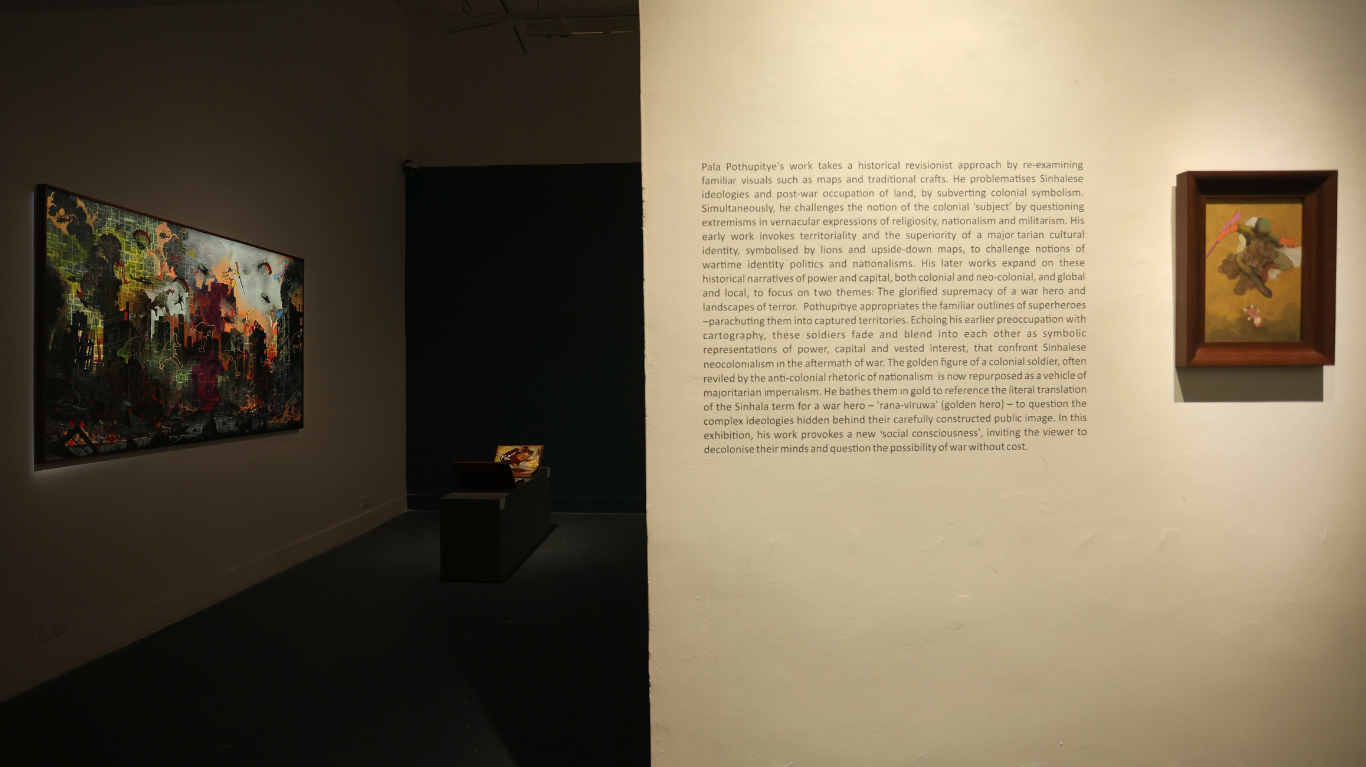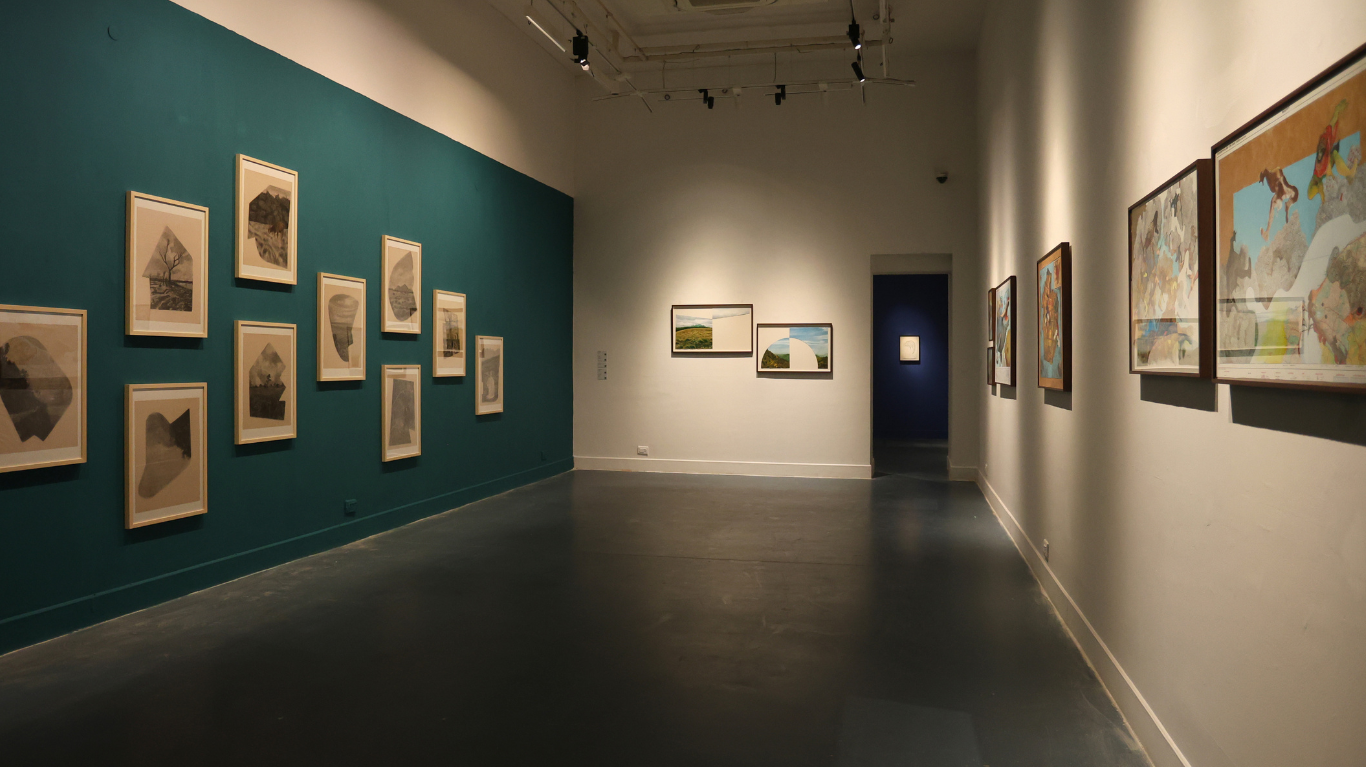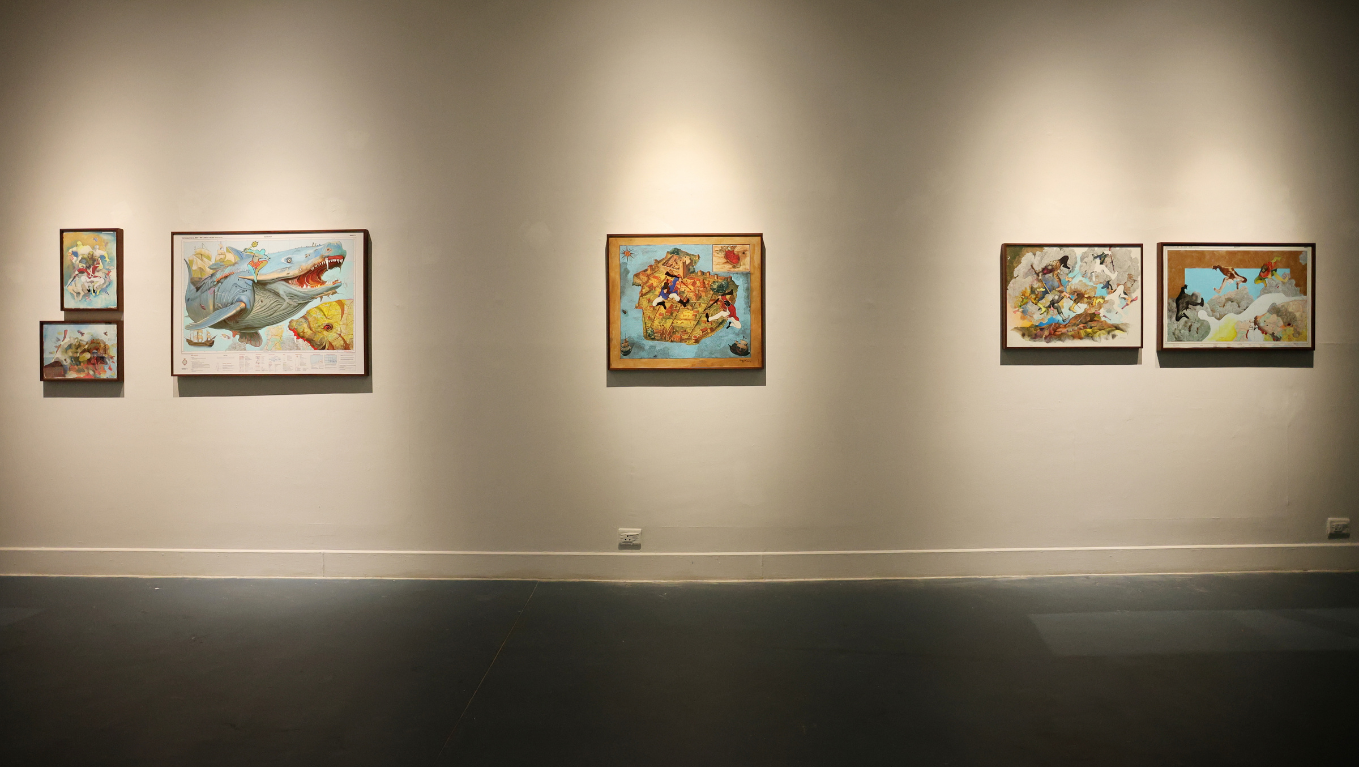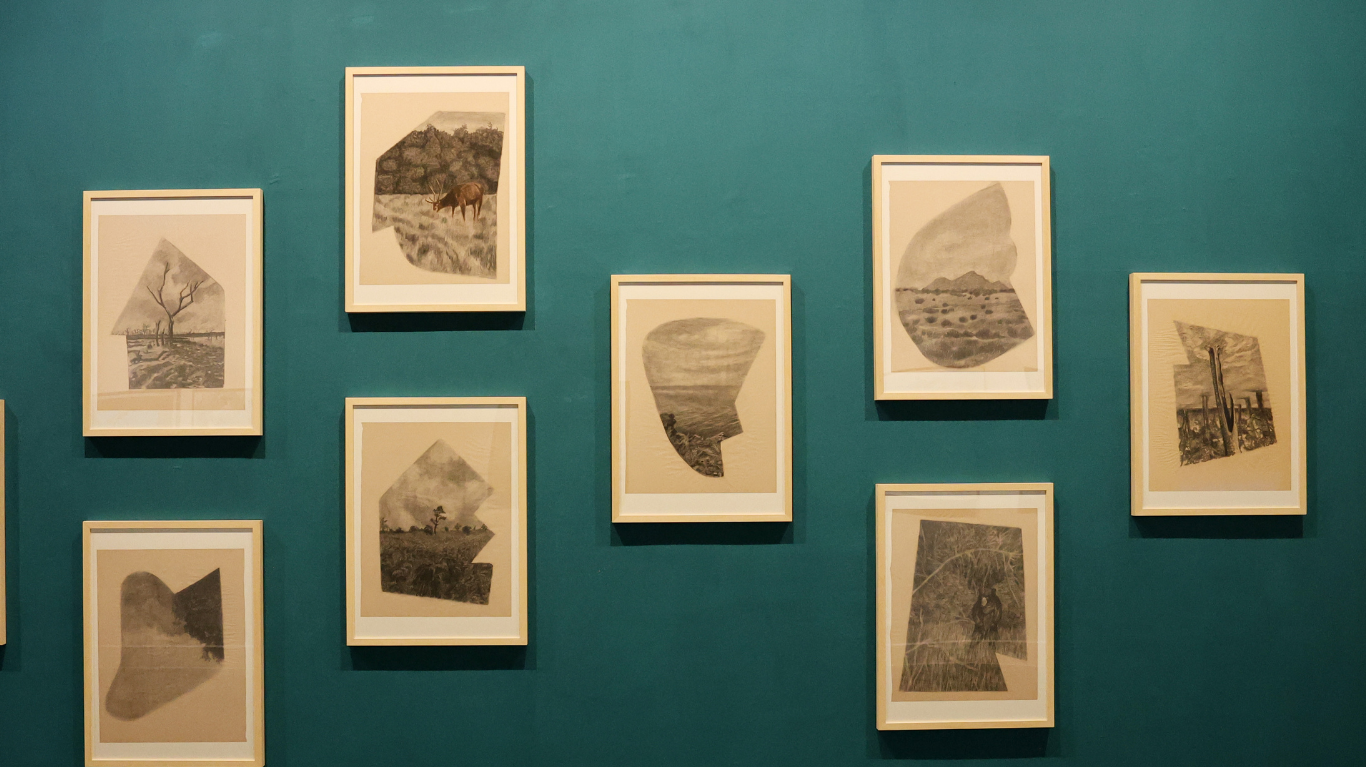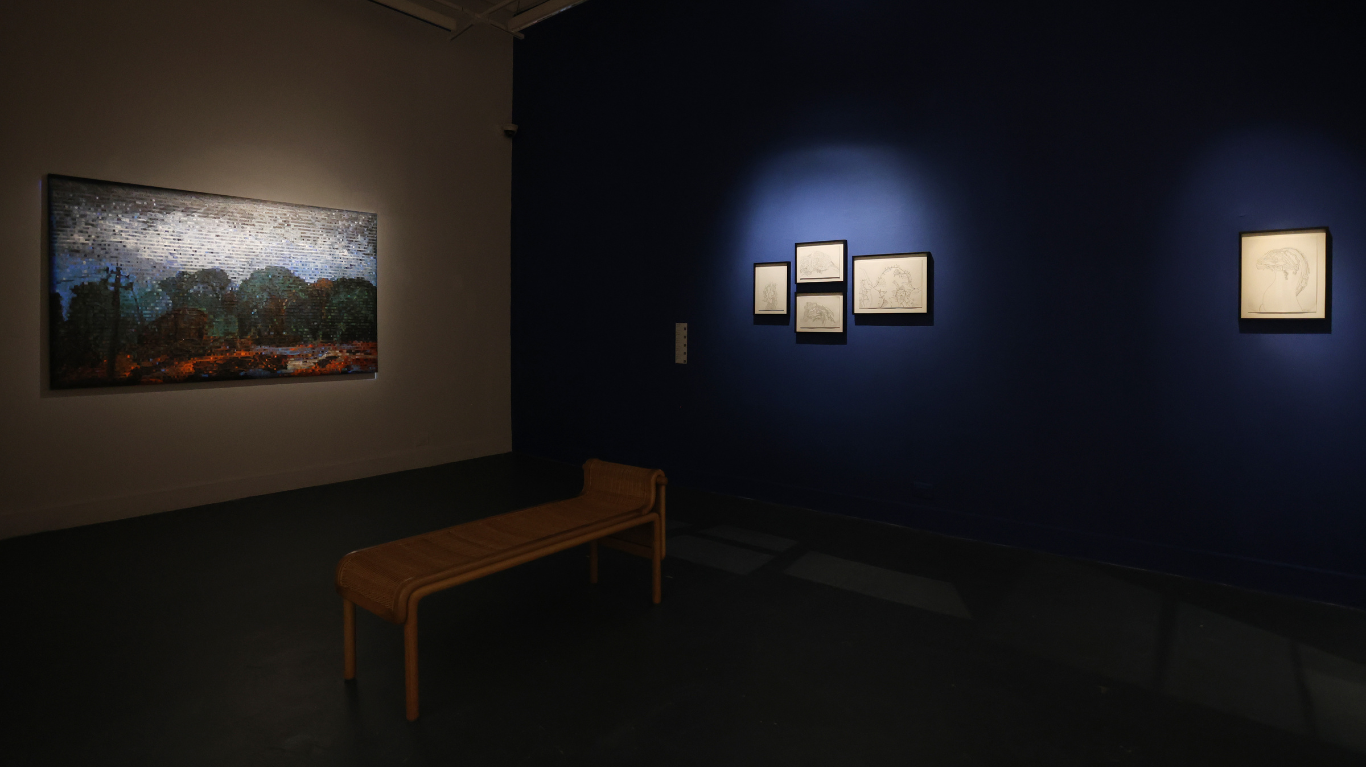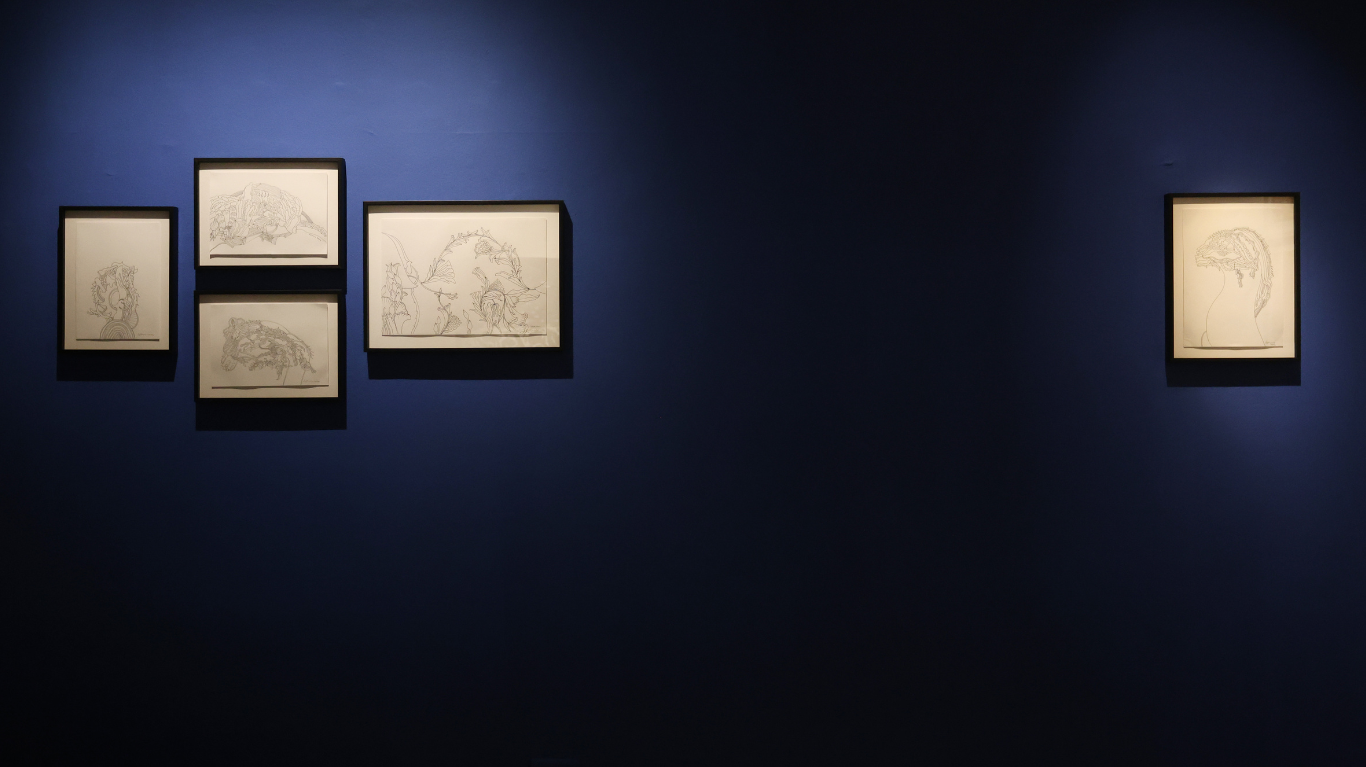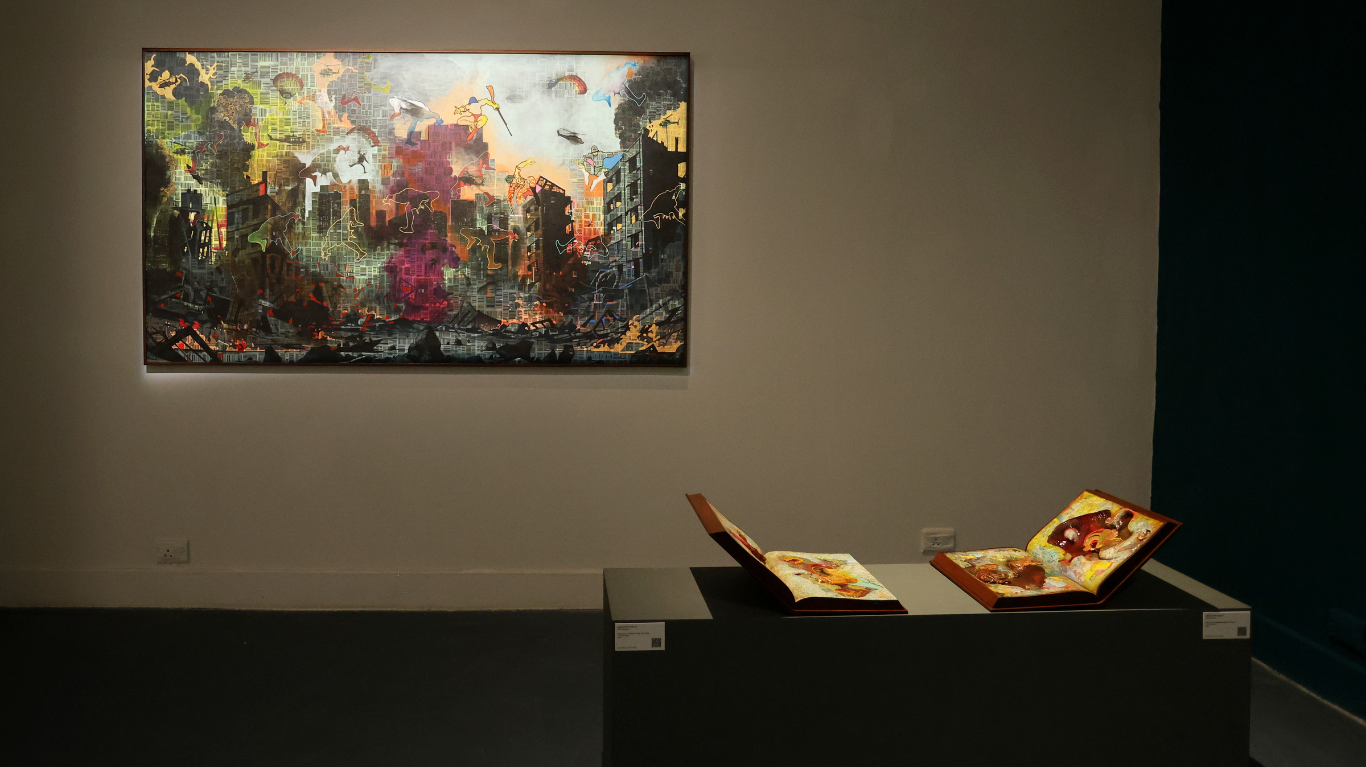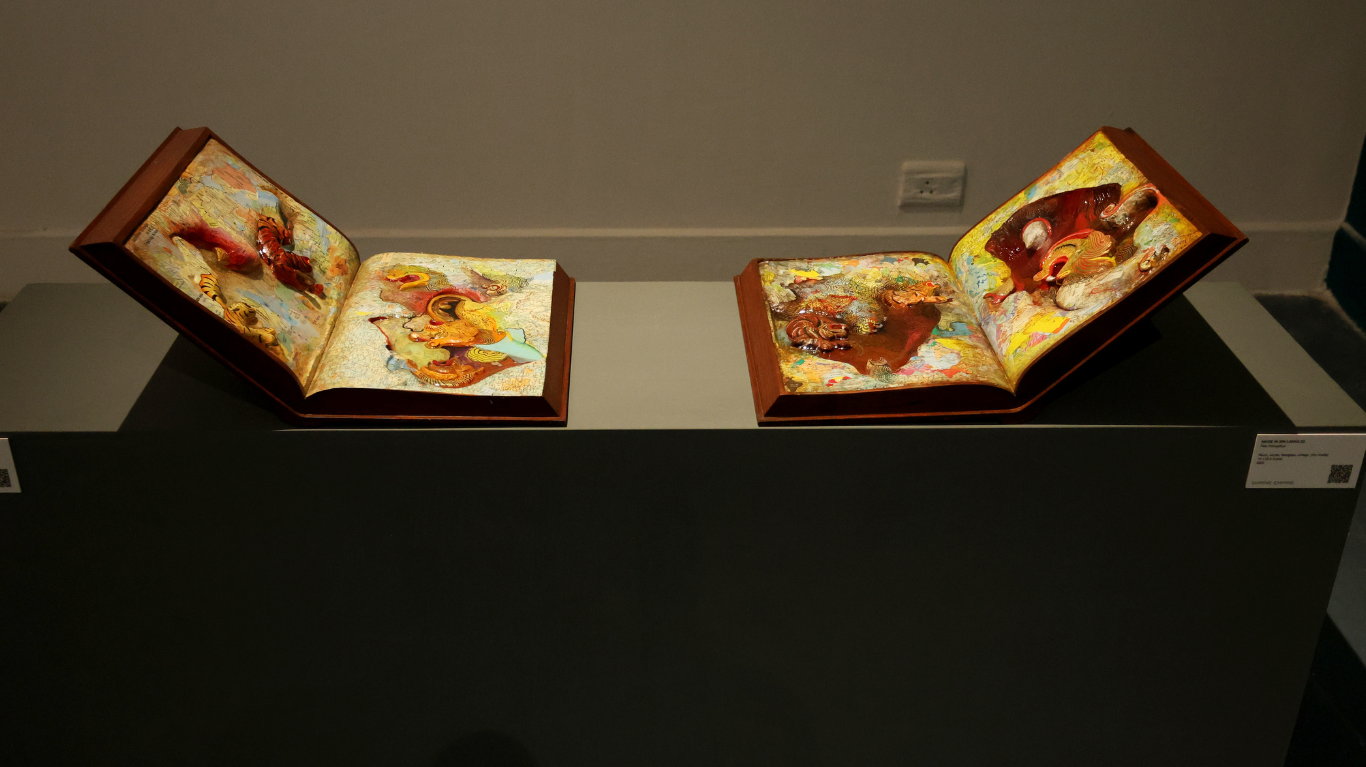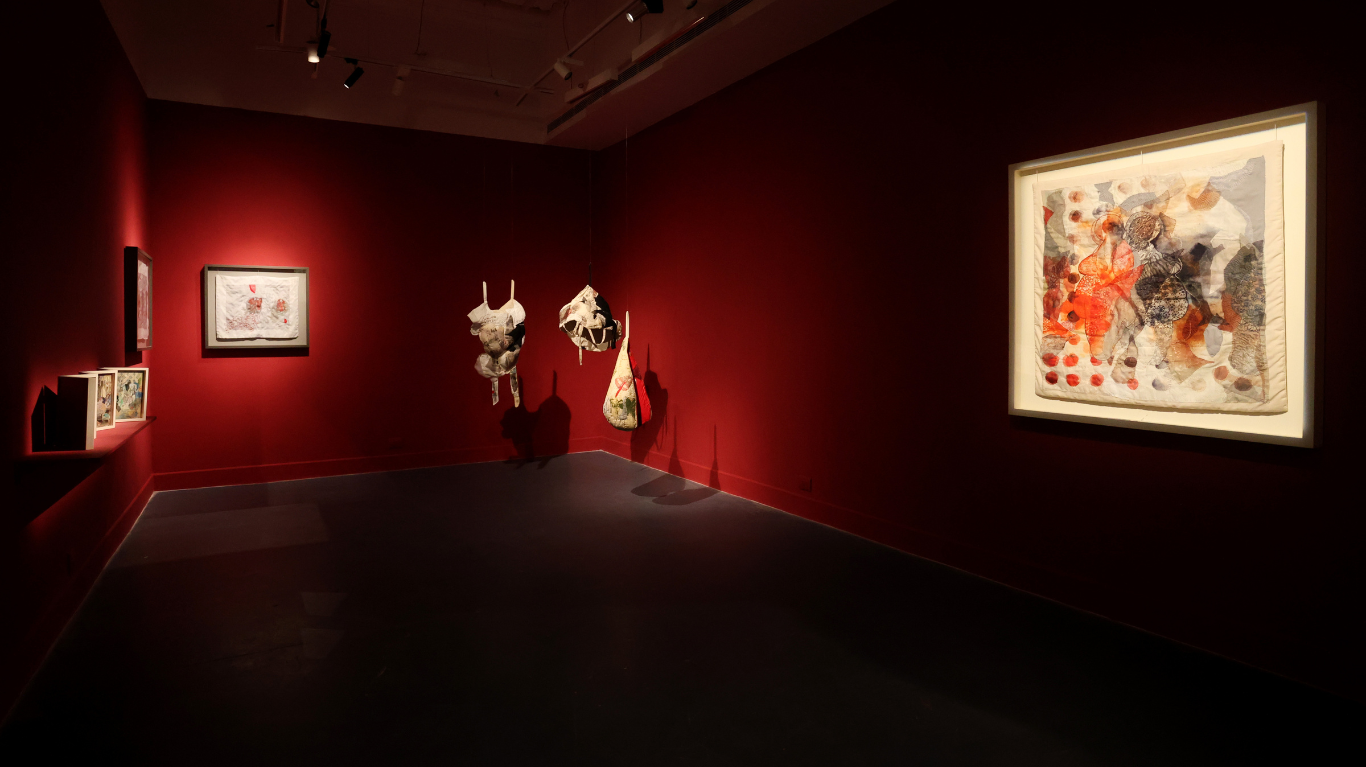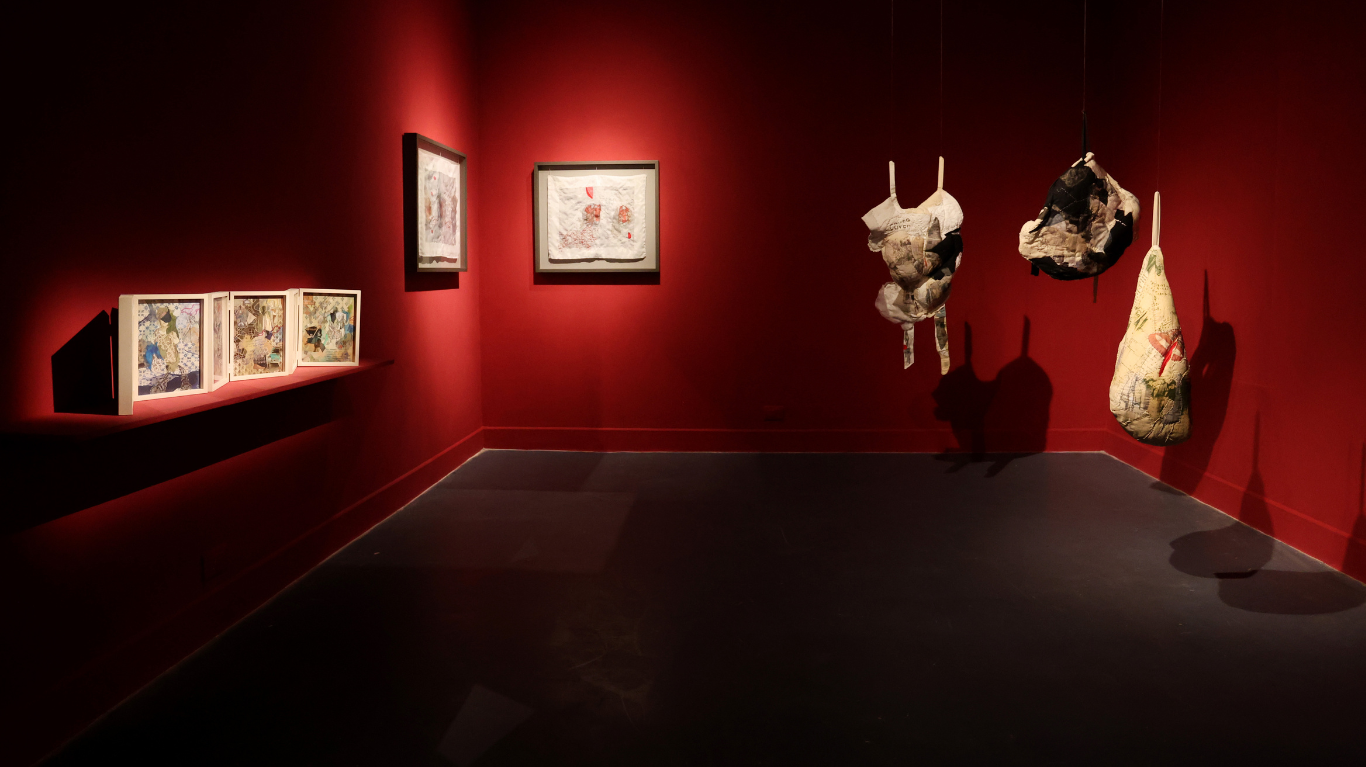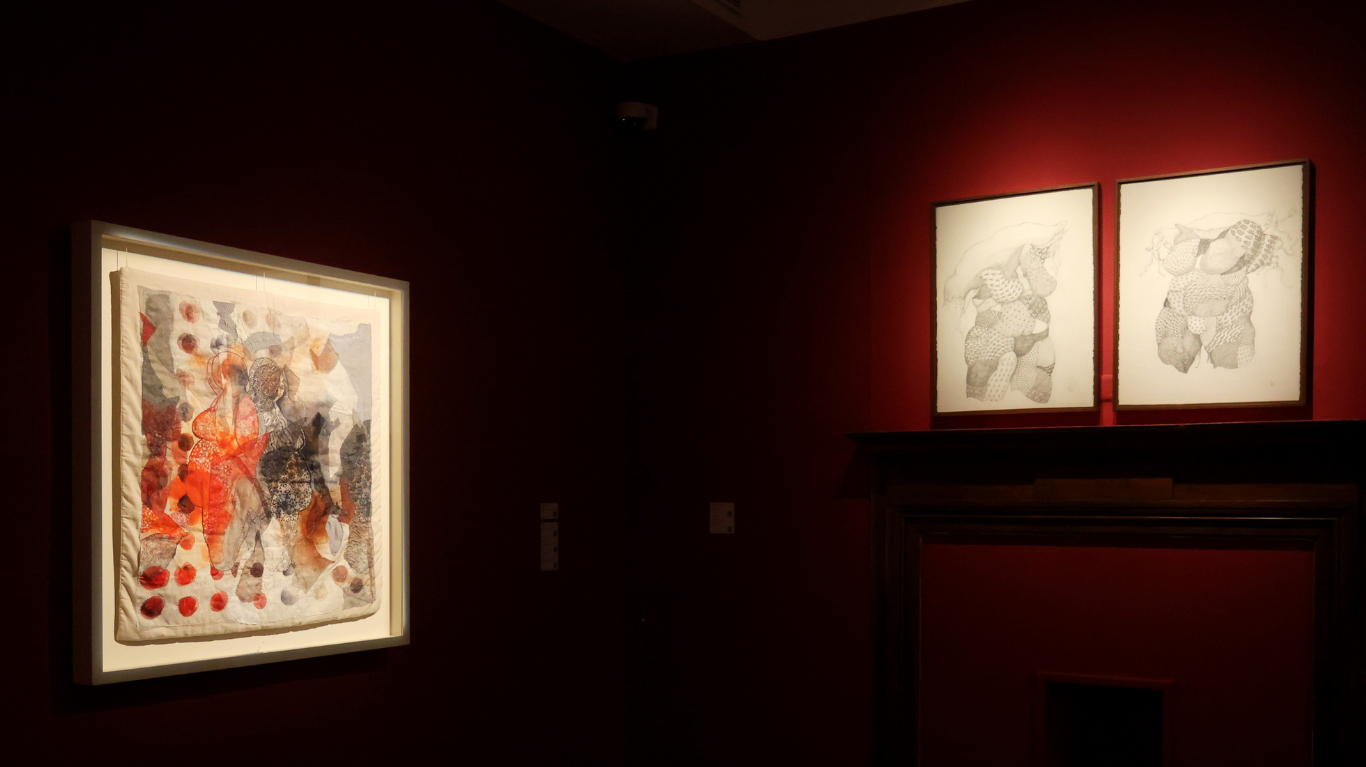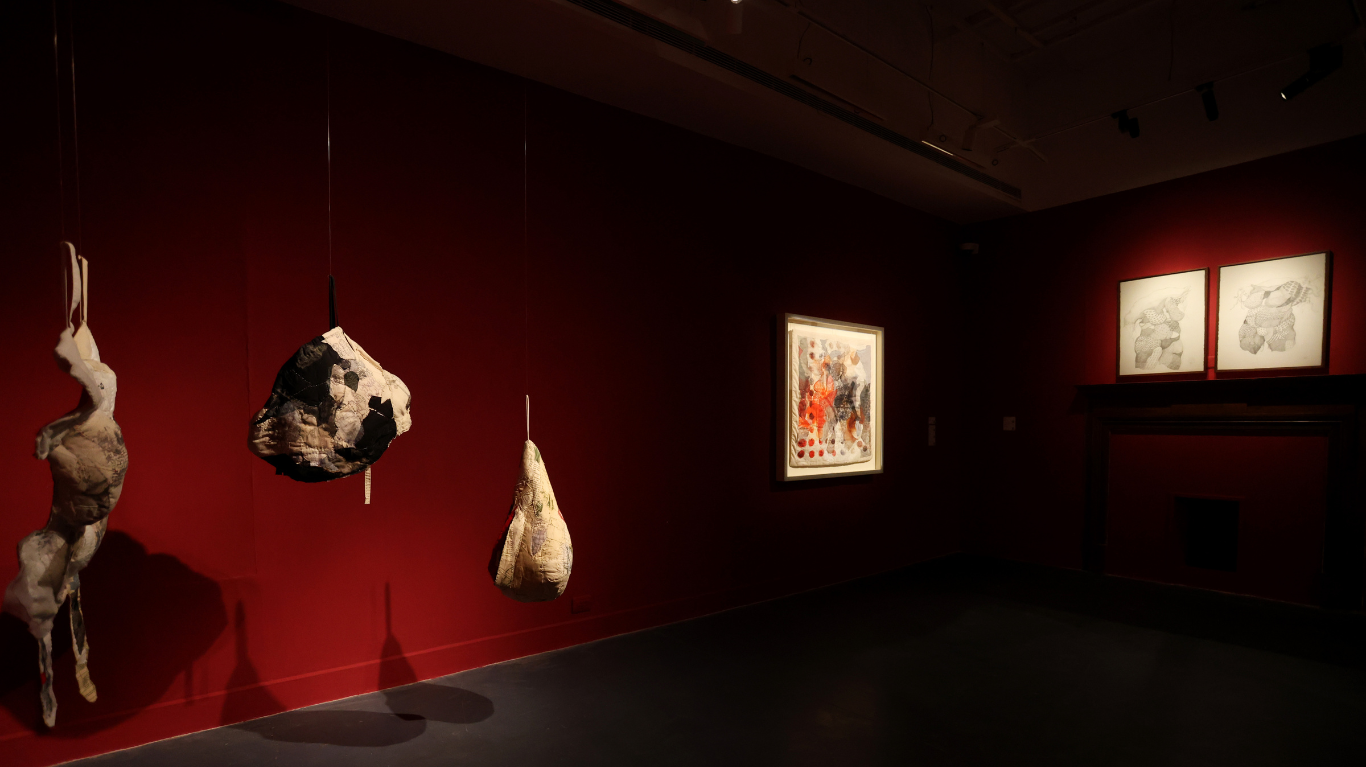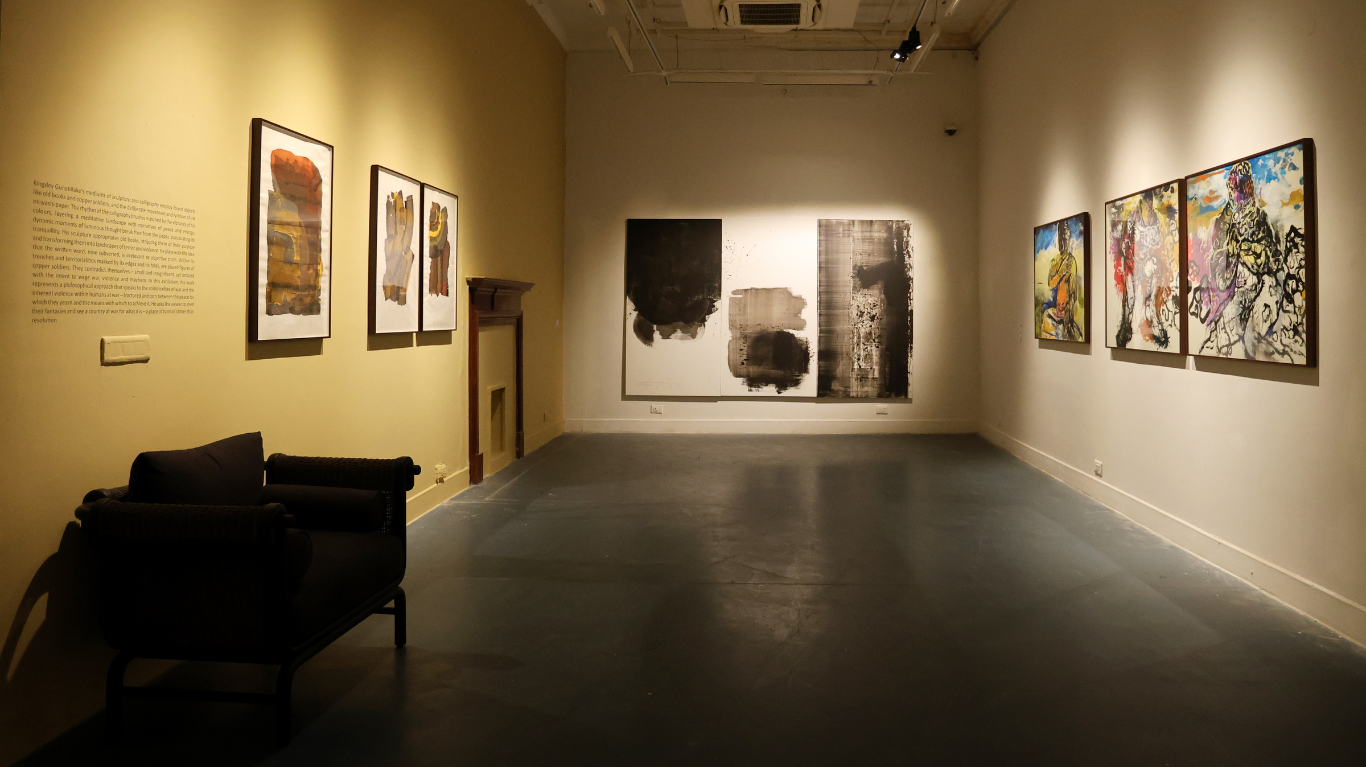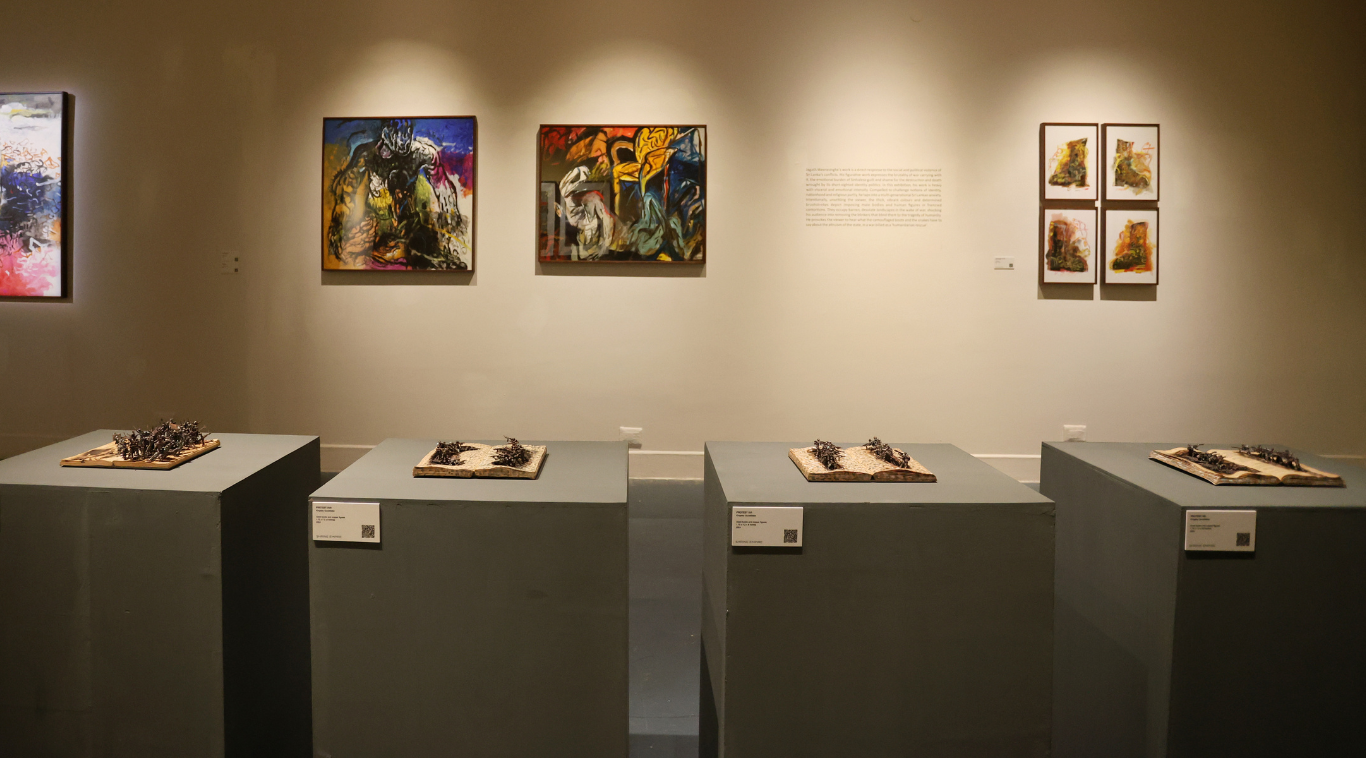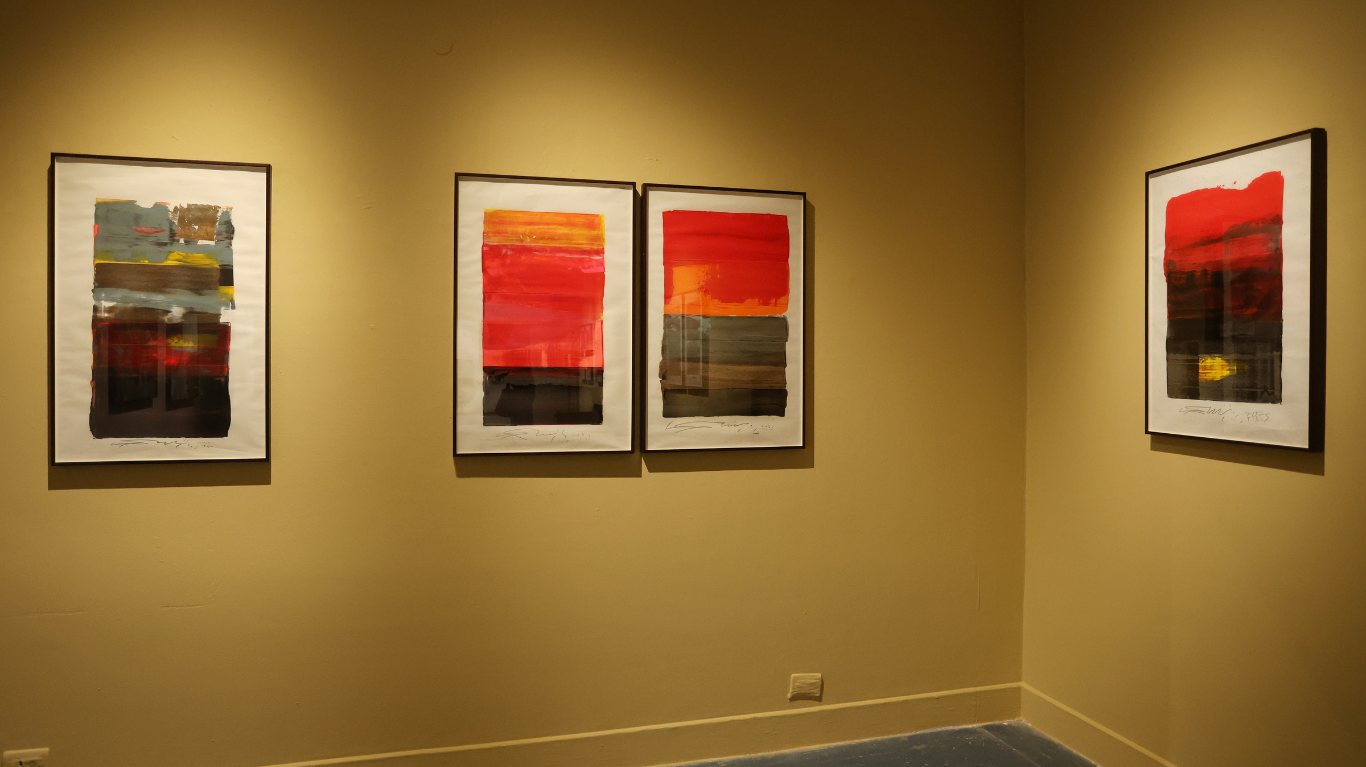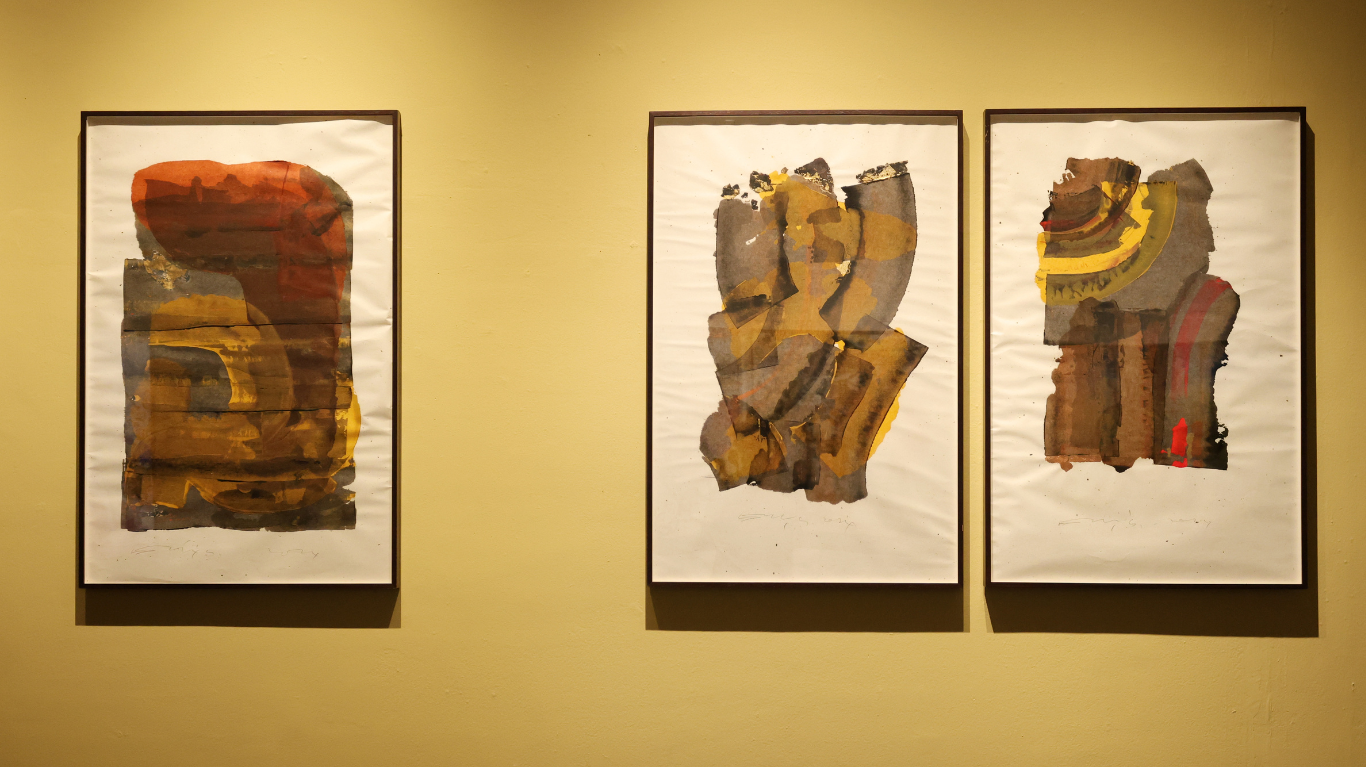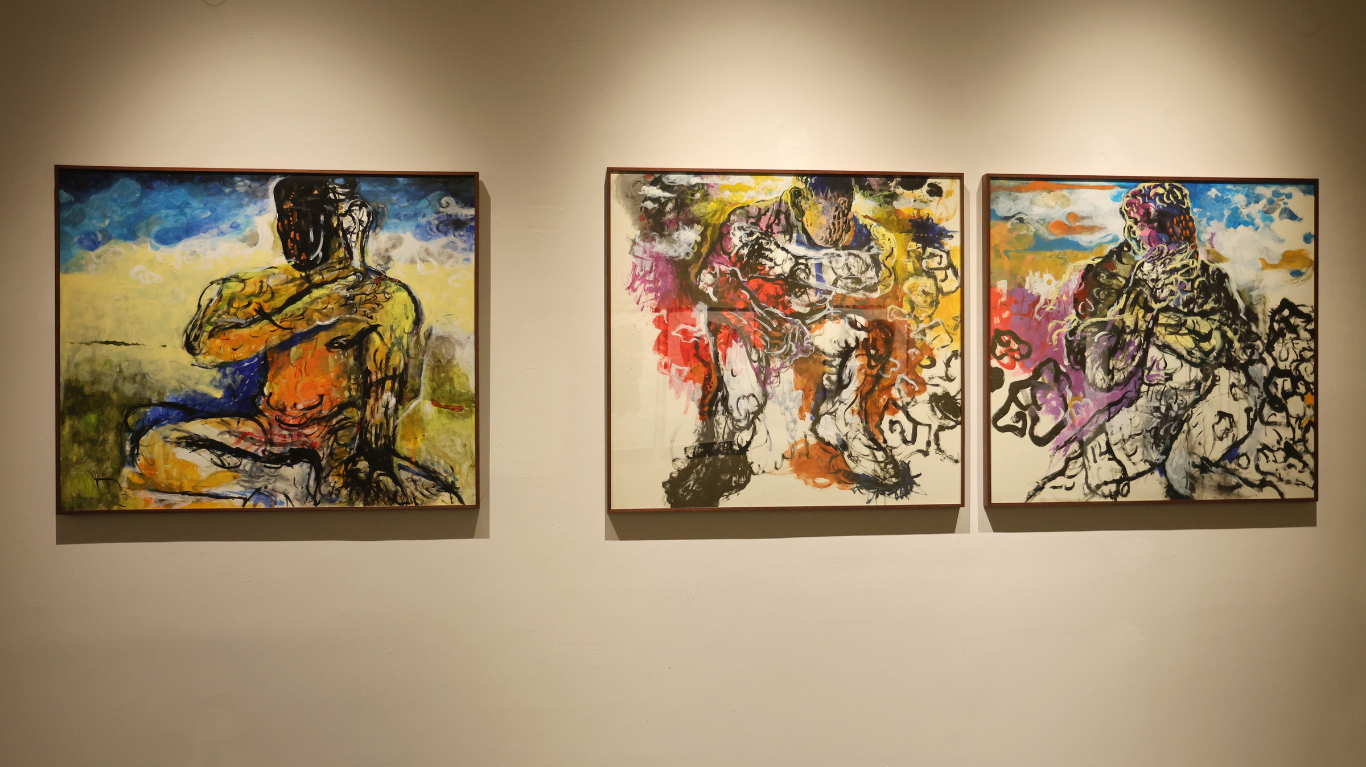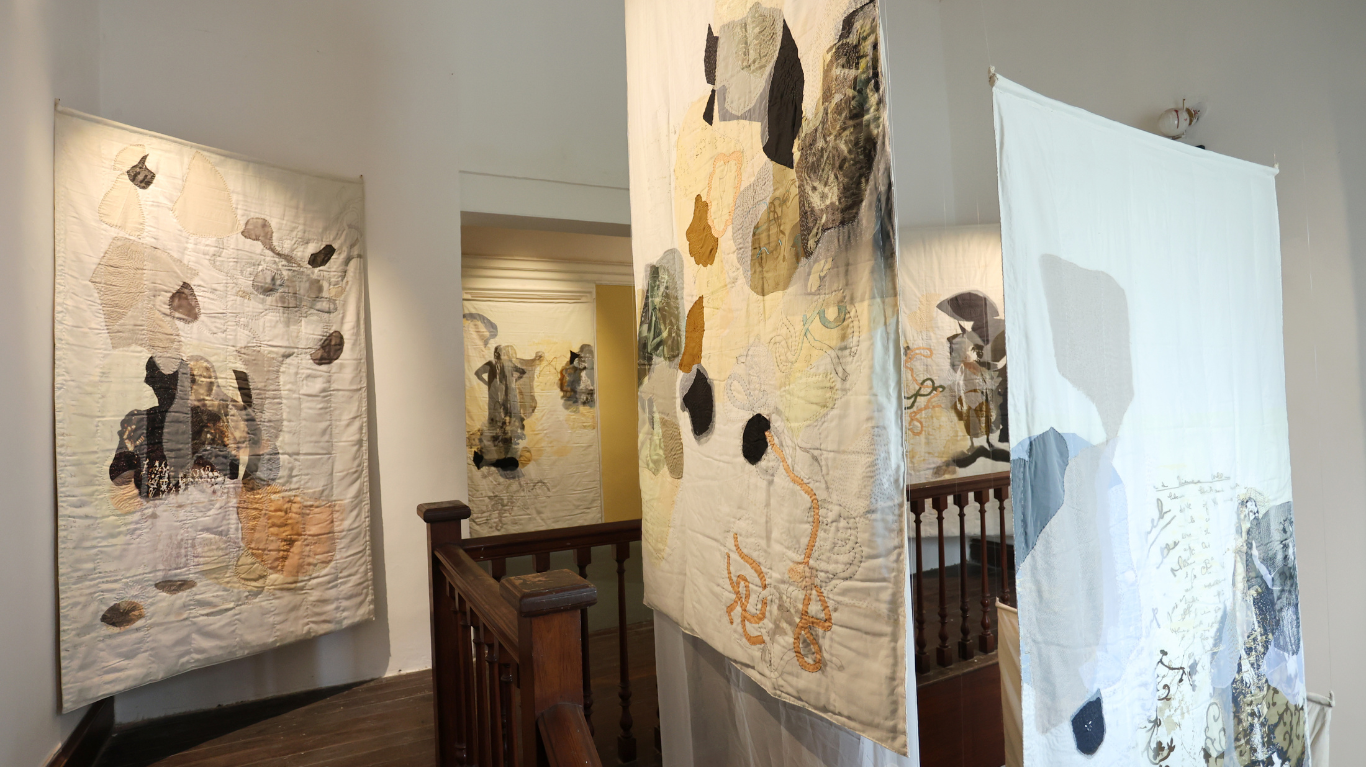-
Exhibitions
- After Aphantasias |
Group Show
- — Anoli Perera
- — Jagath Weerasinghe
- — Kingsley Gunatillake
- — Chandraguptha Thenuwara
- — Pala Pothupitye
- — Muhanned Cader
-
![The Legacy of Superman 03, 2025]() The Legacy of Superman 03, 2025
The Legacy of Superman 03, 2025
-
![The Legacy of Superman 06, 2025]() The Legacy of Superman 06, 2025
The Legacy of Superman 06, 2025
-
![Tail of Super Heros, 2025]() Tail of Super Heros, 2025
Tail of Super Heros, 2025
-
![The Legacy of Superman 04, 2025]() The Legacy of Superman 04, 2025
The Legacy of Superman 04, 2025
-
![The Legacy of Superman 05, 2025]() The Legacy of Superman 05, 2025
The Legacy of Superman 05, 2025
-
![Neo-Glitch: Inescapable Landscape #2, 2025]() Neo-Glitch: Inescapable Landscape #2, 2025
Neo-Glitch: Inescapable Landscape #2, 2025
-
![OTO X, 2025]() OTO X, 2025
OTO X, 2025
-
![Protest XVII, 2024]() Protest XVII, 2024
Protest XVII, 2024
-
![Boots, Snakes, and Mikes, 2025]() Boots, Snakes, and Mikes, 2025
Boots, Snakes, and Mikes, 2025
-
![Made in Sri Lanka 01, 2025]() Made in Sri Lanka 01, 2025
Made in Sri Lanka 01, 2025
-
![Made in Sri Lanka 02, 2025]() Made in Sri Lanka 02, 2025
Made in Sri Lanka 02, 2025
-
![The Legacy of Superman 01 (Gaza), 2025]() The Legacy of Superman 01 (Gaza), 2025
The Legacy of Superman 01 (Gaza), 2025
-
![Made in Sri Lanka 03, 2025]() Made in Sri Lanka 03, 2025
Made in Sri Lanka 03, 2025
-
![Manipay, 2025]() Manipay, 2025
Manipay, 2025
-
![Kilinochchi, 2025]() Kilinochchi, 2025
Kilinochchi, 2025
-
![Point Pedro, 2025]() Point Pedro, 2025
Point Pedro, 2025
-
![The Legacy of Superman 02, 2025]() The Legacy of Superman 02, 2025
The Legacy of Superman 02, 2025
-
![Taprobane, 2024]() Taprobane, 2024
Taprobane, 2024
-
![Southern and Eastern, 2023-2025 approx]() Southern and Eastern, 2023-2025 approx
Southern and Eastern, 2023-2025 approx
-
![Ethereal Shadow, 2024]() Ethereal Shadow, 2024
Ethereal Shadow, 2024
-
![OTO XI, 2025]() OTO XI, 2025
OTO XI, 2025
-
![OTO XIII, 2025]() OTO XIII, 2025
OTO XIII, 2025
-
![OTO XVI, 2025]() OTO XVI, 2025
OTO XVI, 2025
-
![OTO XVIII, 2025]() OTO XVIII, 2025
OTO XVIII, 2025
-
![OTO XVII, 2025]() OTO XVII, 2025
OTO XVII, 2025
-
![OTO XIII, 2024]() OTO XIII, 2024
OTO XIII, 2024
-
![OTO VIII, 2024]() OTO VIII, 2024
OTO VIII, 2024
-
![OTO XI, 2024]() OTO XI, 2024
OTO XI, 2024
-
![OTO XVI, 2024]() OTO XVI, 2024
OTO XVI, 2024
-
![Protest IV, 2024]() Protest IV, 2024
Protest IV, 2024
-
![Protest XVI, 2024]() Protest XVI, 2024
Protest XVI, 2024
-
![Protest XIII, 2024]() Protest XIII, 2024
Protest XIII, 2024
-
![1989 at AU, 1989]() 1989 at AU, 1989
1989 at AU, 1989
-
![Among The Rubbles, 2018]() Among The Rubbles, 2018
Among The Rubbles, 2018
-
![Among The Rubbles, 2018]() Among The Rubbles, 2018
Among The Rubbles, 2018
-
![Under The Dark Sky Among The Rubbles, 2024]() Under The Dark Sky Among The Rubbles, 2024
Under The Dark Sky Among The Rubbles, 2024
-
![Among The Rubbles, 2025]() Among The Rubbles, 2025
Among The Rubbles, 2025
-
![Under The Dark Sky, 2025]() Under The Dark Sky, 2025
Under The Dark Sky, 2025
-
![Boots, Snakes, and Mikes, 2025]() Boots, Snakes, and Mikes, 2025
Boots, Snakes, and Mikes, 2025
-
![Boots, Snakes, and Mikes, 2025]() Boots, Snakes, and Mikes, 2025
Boots, Snakes, and Mikes, 2025
-
![Boots, Snakes, and Mikes, 2025]() Boots, Snakes, and Mikes, 2025
Boots, Snakes, and Mikes, 2025
-
![GLITCH+ XXX, 2017]() GLITCH+ XXX, 2017
GLITCH+ XXX, 2017
-
![Horton Plains, 2023]() Horton Plains, 2023
Horton Plains, 2023
-
![Drawings from the Island in the Sky I–X, 2018]() Drawings from the Island in the Sky I–X, 2018
Drawings from the Island in the Sky I–X, 2018
-
![Beragala, 2023]() Beragala, 2023
Beragala, 2023
-
![Island in the Sky #10, 2023]() Island in the Sky #10, 2023
Island in the Sky #10, 2023
-
![Island in the Sky #9, 2023]() Island in the Sky #9, 2023
Island in the Sky #9, 2023
-
![Left Behinder series (Tapestries), 2018]() Left Behinder series (Tapestries), 2018
Left Behinder series (Tapestries), 2018
-
![Left Behinder series (Tapestries), 2018]() Left Behinder series (Tapestries), 2018
Left Behinder series (Tapestries), 2018
-
![Left Behinder series (Tapestries), 2018]() Left Behinder series (Tapestries), 2018
Left Behinder series (Tapestries), 2018
-
![Left Behinder series (Tapestries), 2018]() Left Behinder series (Tapestries), 2018
Left Behinder series (Tapestries), 2018
-
![Left Behinder series (Tapestries), 2018]() Left Behinder series (Tapestries), 2018
Left Behinder series (Tapestries), 2018
-
![Left Behinder series (Tapestries), 2018]() Left Behinder series (Tapestries), 2018
Left Behinder series (Tapestries), 2018
-
![Left Behinder series (Tapestries), 2018]() Left Behinder series (Tapestries), 2018
Left Behinder series (Tapestries), 2018
-
![Left Behinder series (Tapestries), 2018]() Left Behinder series (Tapestries), 2018
Left Behinder series (Tapestries), 2018
-
![Cover I, 2025]() Cover I, 2025
Cover I, 2025
-
![Cover II, 2025]() Cover II, 2025
Cover II, 2025
-
![Cover III, 2025]() Cover III, 2025
Cover III, 2025
-
![Monumental Dress Series I, 2025]() Monumental Dress Series I, 2025
Monumental Dress Series I, 2025
-
![Monumental Dress Series II, 2025]() Monumental Dress Series II, 2025
Monumental Dress Series II, 2025
-
![Book Art: Book of Remembered Lullabies (6 pages), 2025]() Book Art: Book of Remembered Lullabies (6 pages), 2025
Book Art: Book of Remembered Lullabies (6 pages), 2025
-
![Monster 2, 2022]() Monster 2, 2022
Monster 2, 2022
-
![Chaos, 2022]() Chaos, 2022
Chaos, 2022
-
![Covert 10, 2022]() Covert 10, 2022
Covert 10, 2022
-
![Monster, 2024]() Monster, 2024
Monster, 2024
-
![Malicious Alliance, 2024]() Malicious Alliance, 2024
Malicious Alliance, 2024
-
![Neo-Glitch: Dance, 2025]() Neo-Glitch: Dance, 2025
Neo-Glitch: Dance, 2025
-
![BLINDS: Lines No.1, 2021]() BLINDS: Lines No.1, 2021
BLINDS: Lines No.1, 2021
-
![BLINDS: Lines No.3, 2021]() BLINDS: Lines No.3, 2021
BLINDS: Lines No.3, 2021
-
![GLITCH+ XXVIII, 2017]() GLITCH+ XXVIII, 2017
GLITCH+ XXVIII, 2017
-
![GLITCH+ VI, 2017]() GLITCH+ VI, 2017
GLITCH+ VI, 2017
-
![Comfort bodies Series III]() Comfort bodies Series III
Comfort bodies Series III
-
![Comfort bodies Series II]() Comfort bodies Series II
Comfort bodies Series II
-
![Comfort bodies Series I]() Comfort bodies Series I
Comfort bodies Series I
After Aphantasias
Anoli Perera | Chandraguptha Thenuwara | Jagath Weerasinghe | Kingsley Gunatillake | Muhanned Cader | Pala Pothupitiye
‘After Aphantasias’ explores the profound and lasting impact of over-lapping conflicts and the decades-long civil war in Sri Lanka, through the work of six influential artists active since the 1990s: Muhanned Cader, Kingsley Gunatillake, Anoli Perera, Pala Pothupitiye, Chandraguptha Thenuwara and Jagath Weerasinghe.
The title, After Aphantasias references a collective societal ‘mind-blindness’ – when Sri Lankans struggled to bear witness, unable to fully comprehend the violent changes of a tumultuous period in the country’s history or visualise the shifting realities of their political, territorial and emotional identities. In response to this paralysis of vision, the artists featured in this exhibition, helped create a visual language that gave voice and form to the lived experience of war and violence, unseen or deliberately obscured by the dominant narratives of power. Their work disrupted conventional representations; explored marginalised subjectivities; fostered a critical dialogue by questioning authoritative claims and unjust truths; and aimed to decolonise the mind through reclaimed narratives.
This exhibition explores the afterlives of their pathfinding early work. The artists confront the societal aphantasia that still lingers, as they continue to wrestle with labyrinthian conflict histories and the persistent impact of entrenched violence. The exhibited works reference two registers: landscapes of terror and dominant histories as sites of trauma. They are anguished images that confront not only what is visible, but also what is absent and silenced. They delve into historical traumas, to document, to grieve, to find comfort and to seek justice. They grapple with the potential of an ambiguous future: One burdened with the unsteady foundations of unresolved conflicts and of living without closure.
The exhibition presents diverse approaches to these complex themes. Jagath Weerasinghe’s figurative works directly respond to the social and political violence of Sri Lanka’s conflicts, urging the viewers to look beyond simplified narratives and recognise the politics of nationalism. Kingsley Gunatillake’s sculpture and calligraphy-inspired work, explores the complex relationship between violence as a tool and the elusive peace it seeks to achieve. Pala Pothupitiye’s historical approach challenges the viewer, provoking a new ‘social consciousness’ to problematise power, capital and vested interest in the aftermath of war. Muhanned Cader’s visualscapes depict the land, sea and sky as silent witnesses to the violence inflicted upon them as victims, and not, simply, as landscapes of war. Anoli Perera interrogates the complexities of gender as it intersects with violence, memory and loss through a labour-intensive process of transforming raw materials, exposing the patriarchal structures of violence that marginalises women’s specific traumas and experiences. Finally, Chandraguptha Thenuwara’s work compels the viewer to shed their blindness and confront the ‘every day’, to question power and to seek truth, justice and accountability.
acknowledge the underlying contestations and
After Aphantasias invites the viewer to acknowledge the underlying contestations and the complicated legacies of representation. By confronting collective amnesias and selective consciousness that can be exploited in the service of agendas of power, the exhibition centres the importance of counter-narratives in the pursuit of reconciliation, accountability, justice and a more truthful retelling of Sri Lanka’s recent past. Ultimately, it is also a celebration of the enduring spirit of a generation of artists who redefined Sri Lankan art. Their dedication to breaking the mould to create a discursive public space through their art, continues to inspire new generations of artists to build their own movements and create their own narratives.
-Text by Radhika Hettiarachchi
